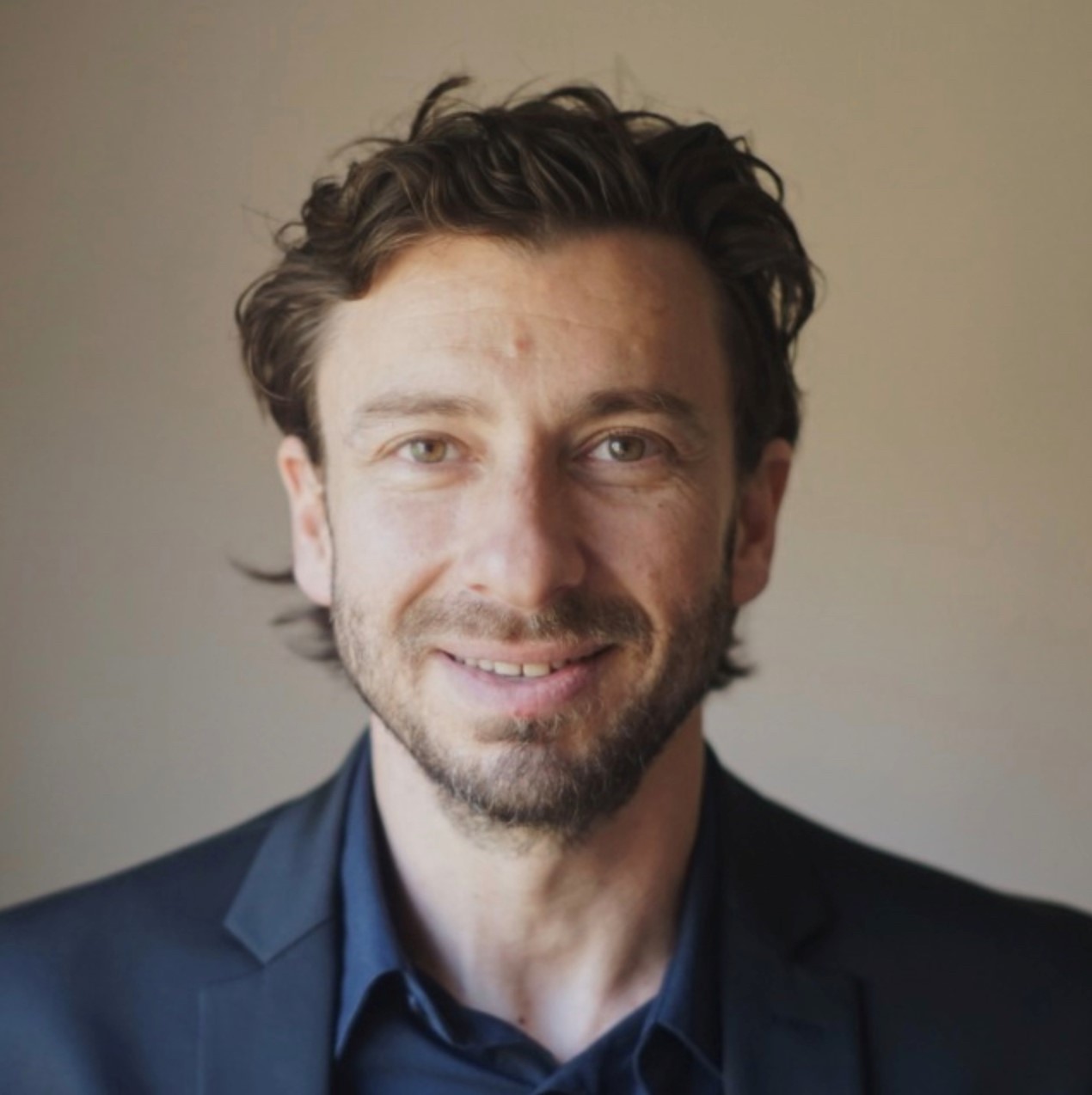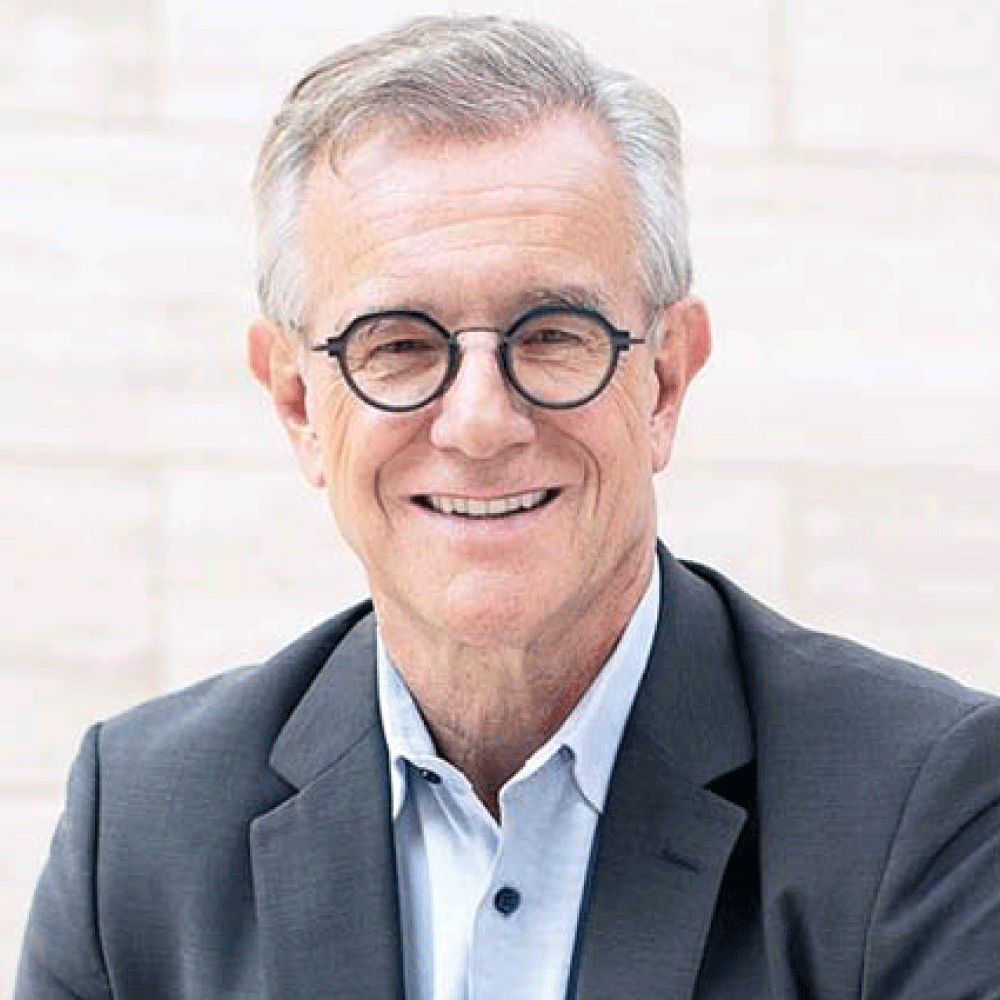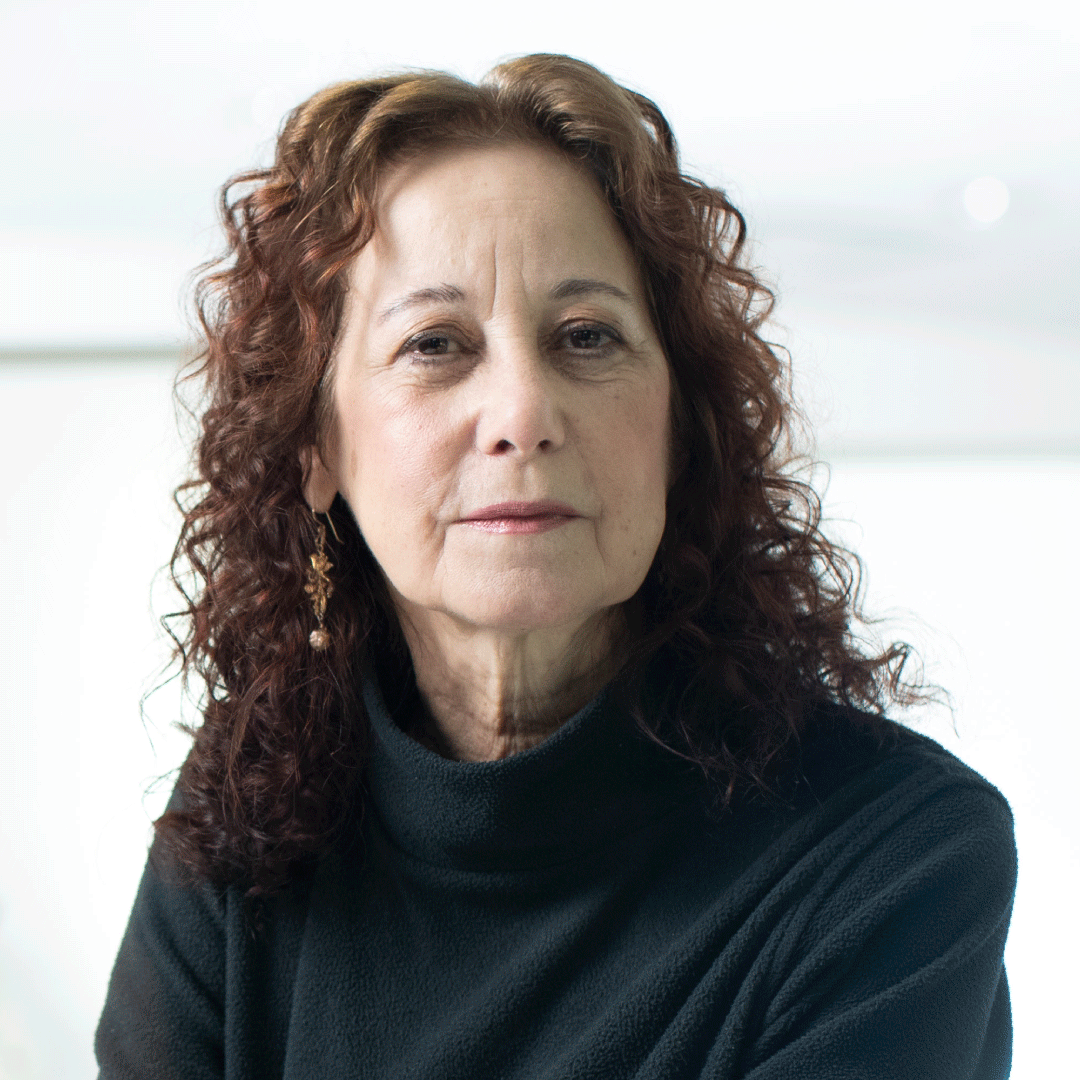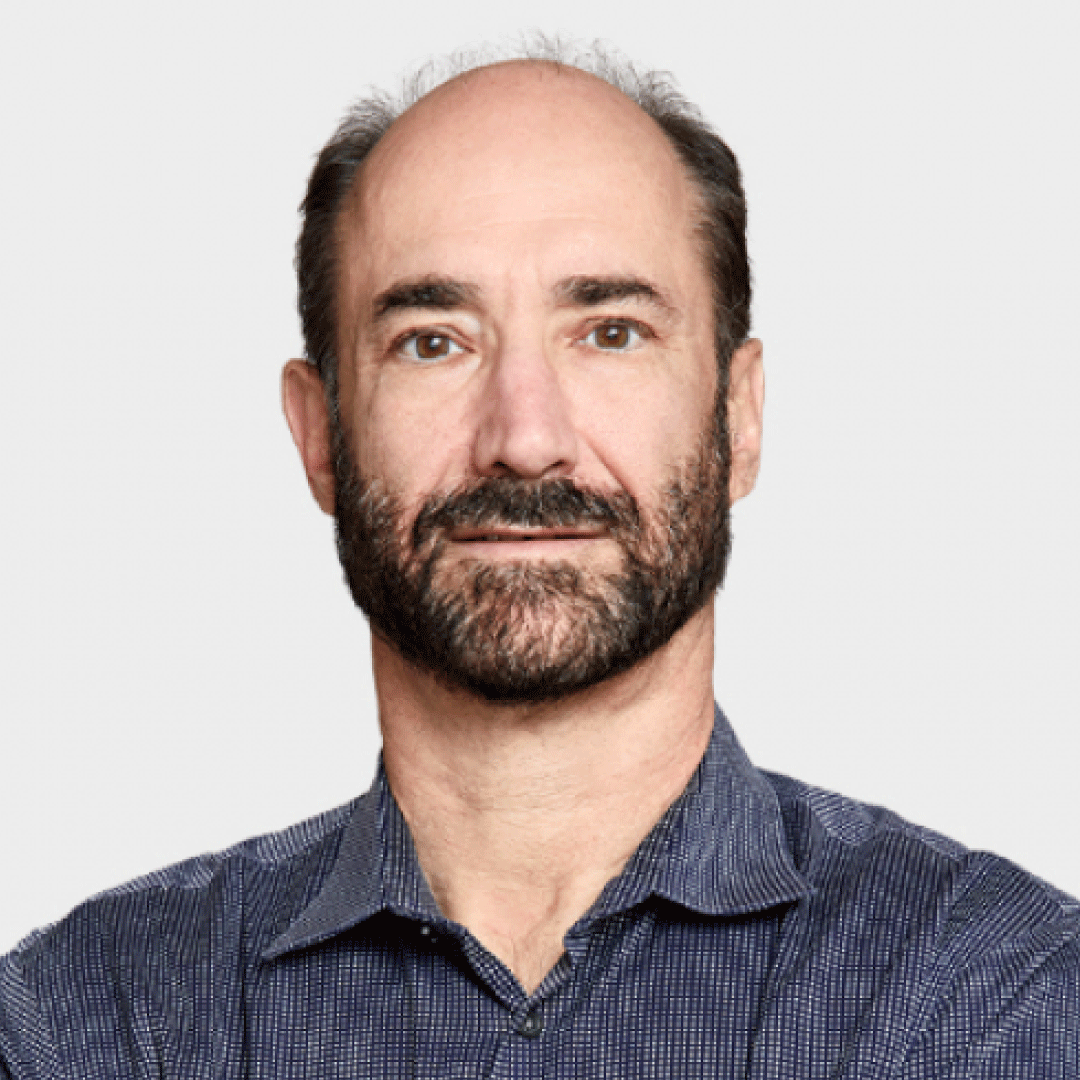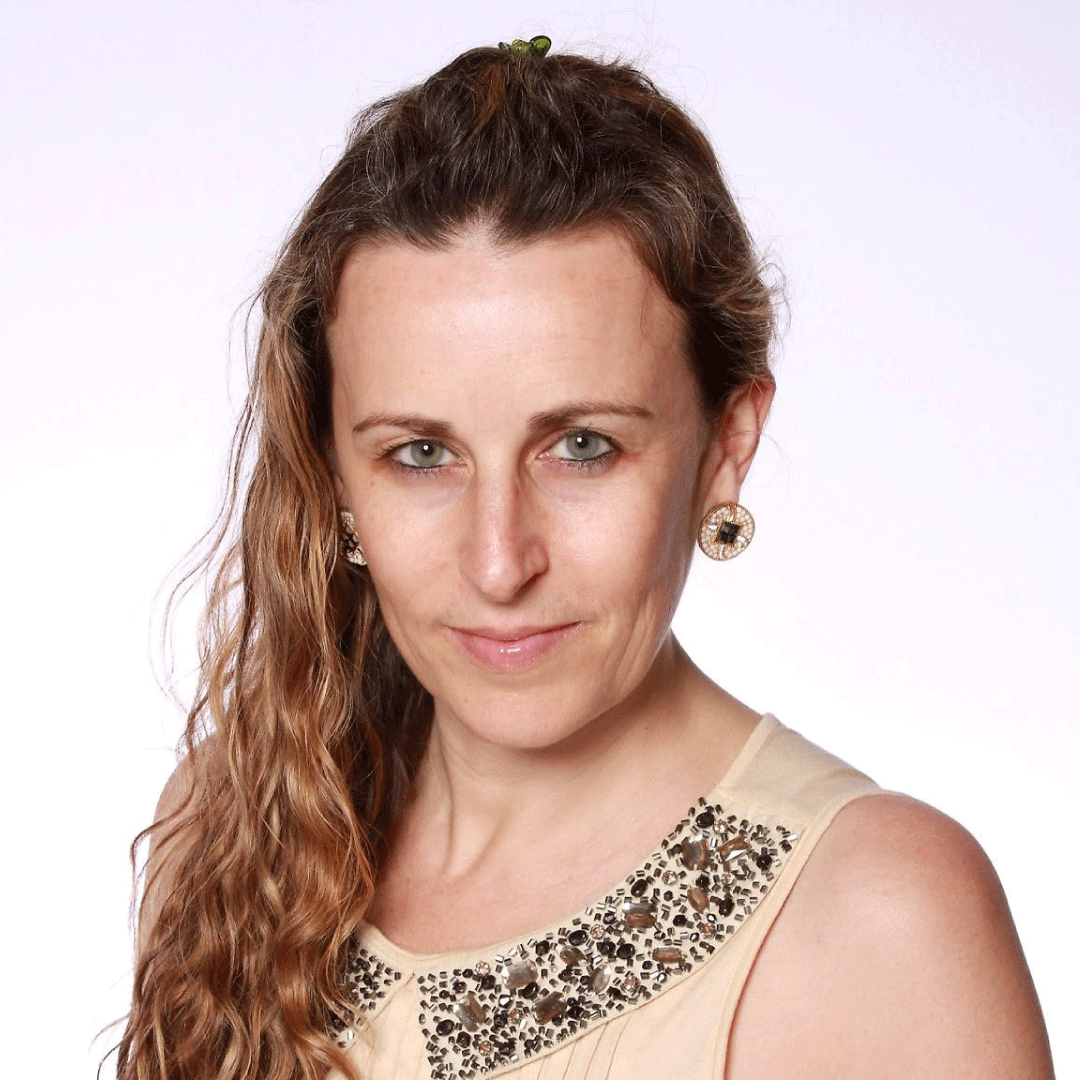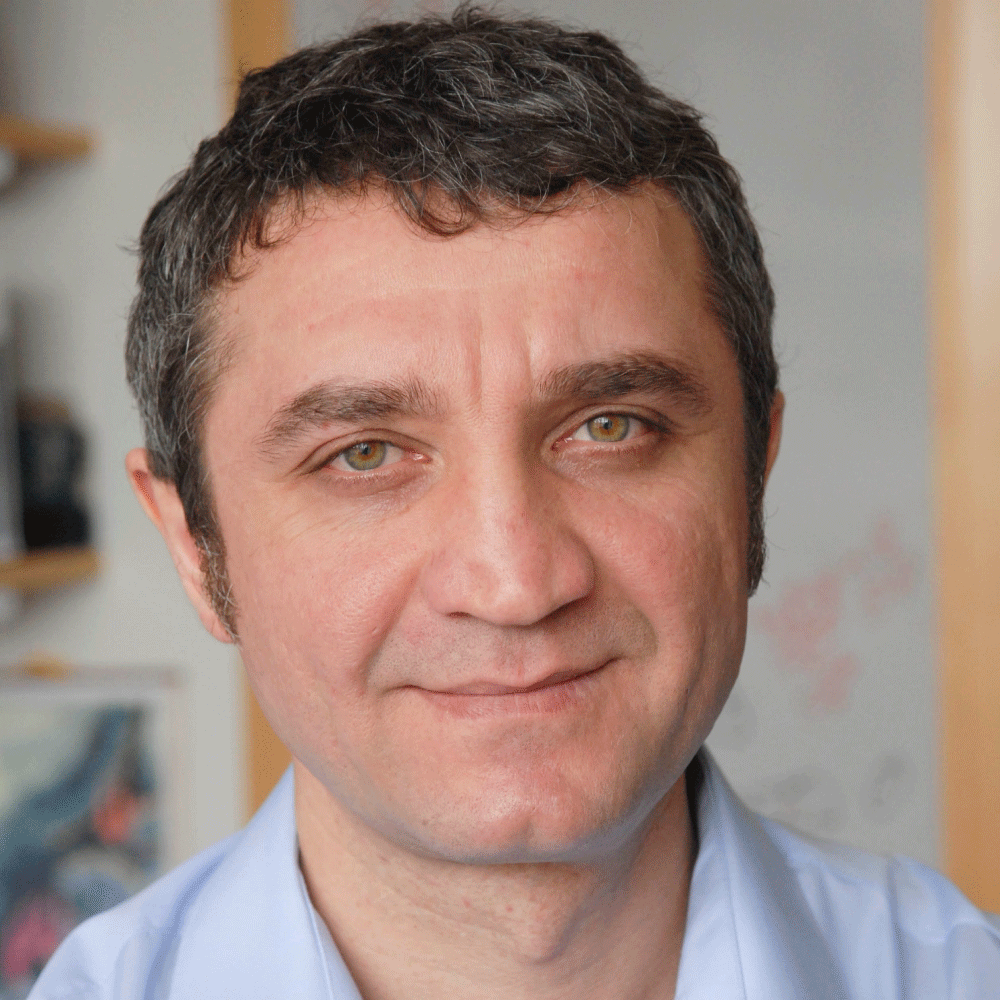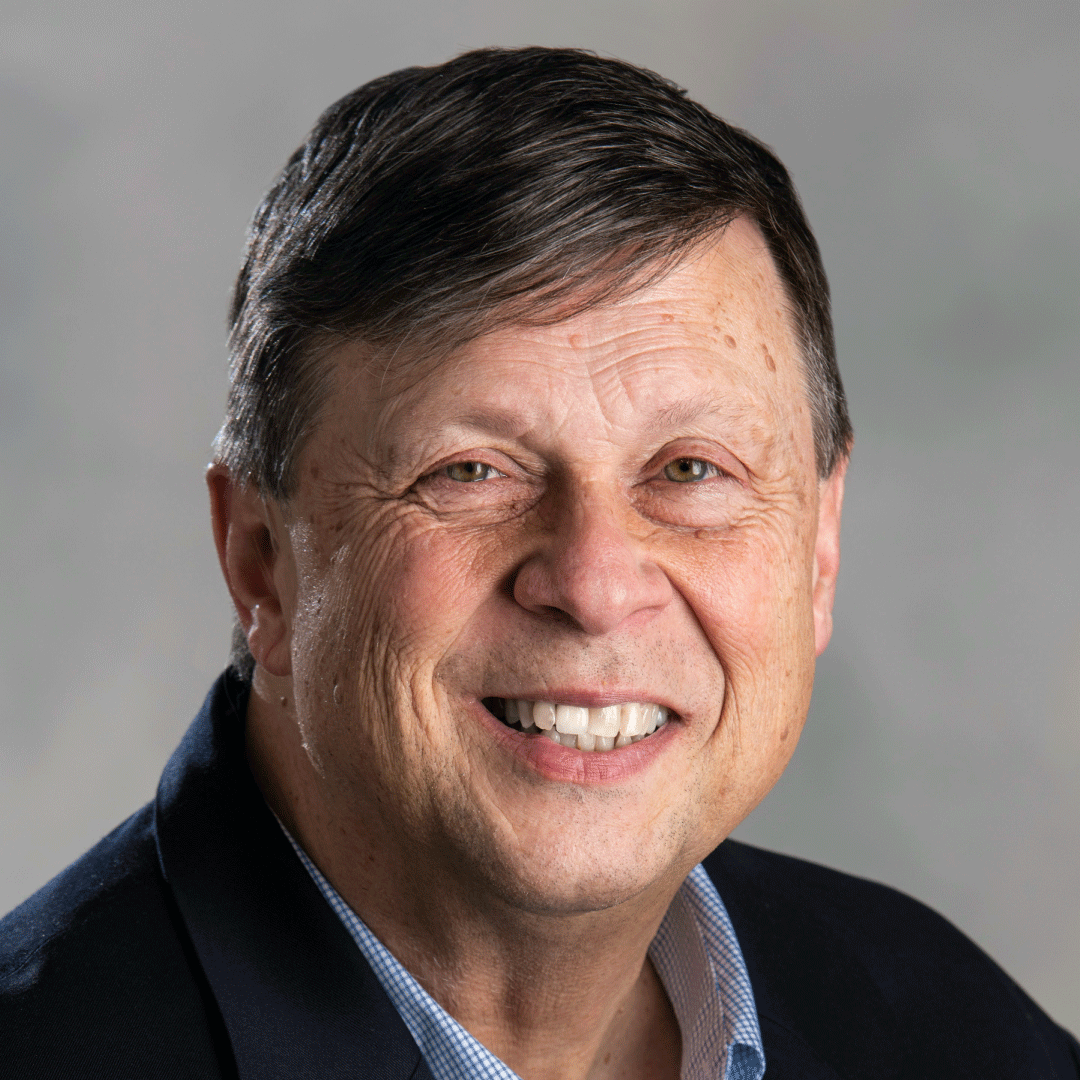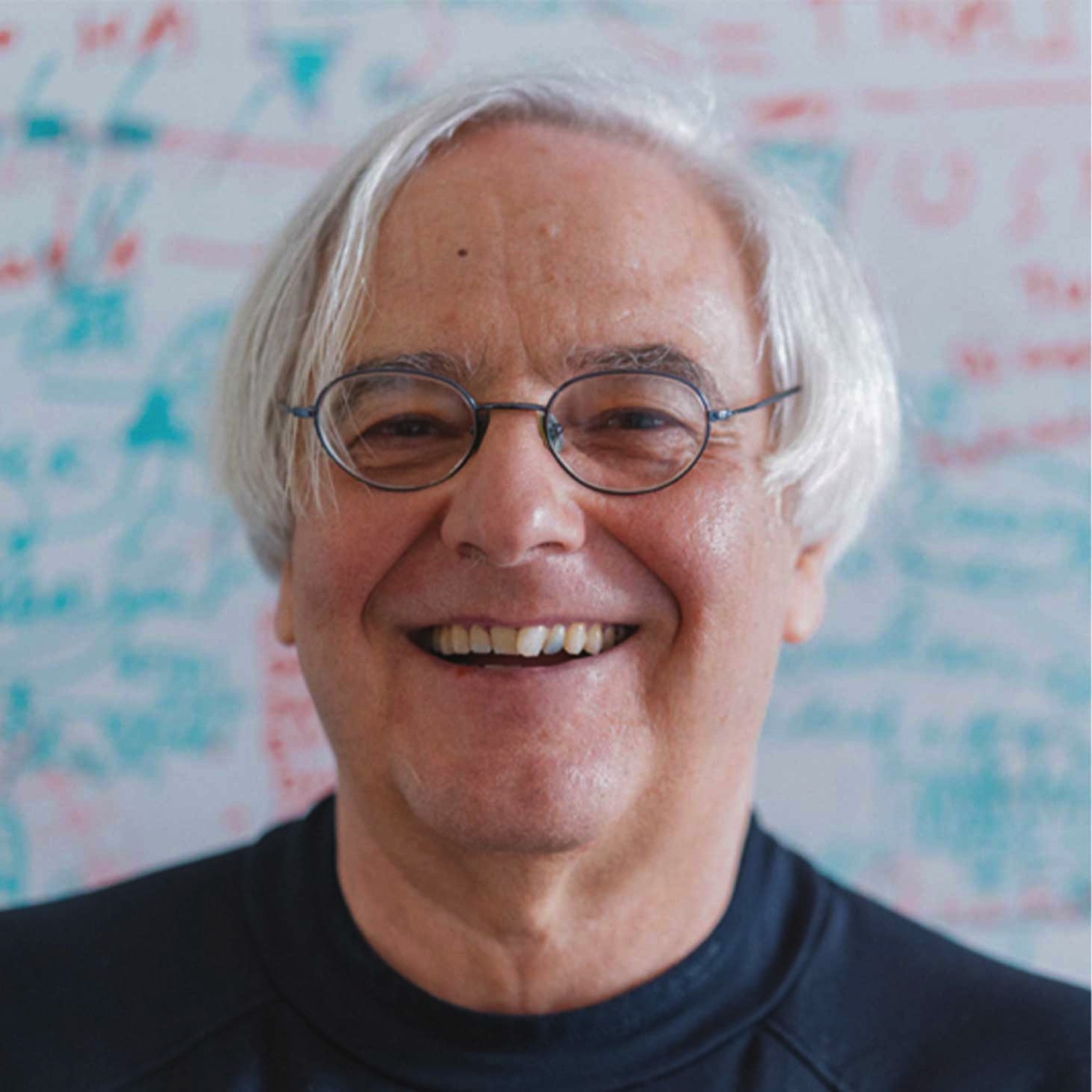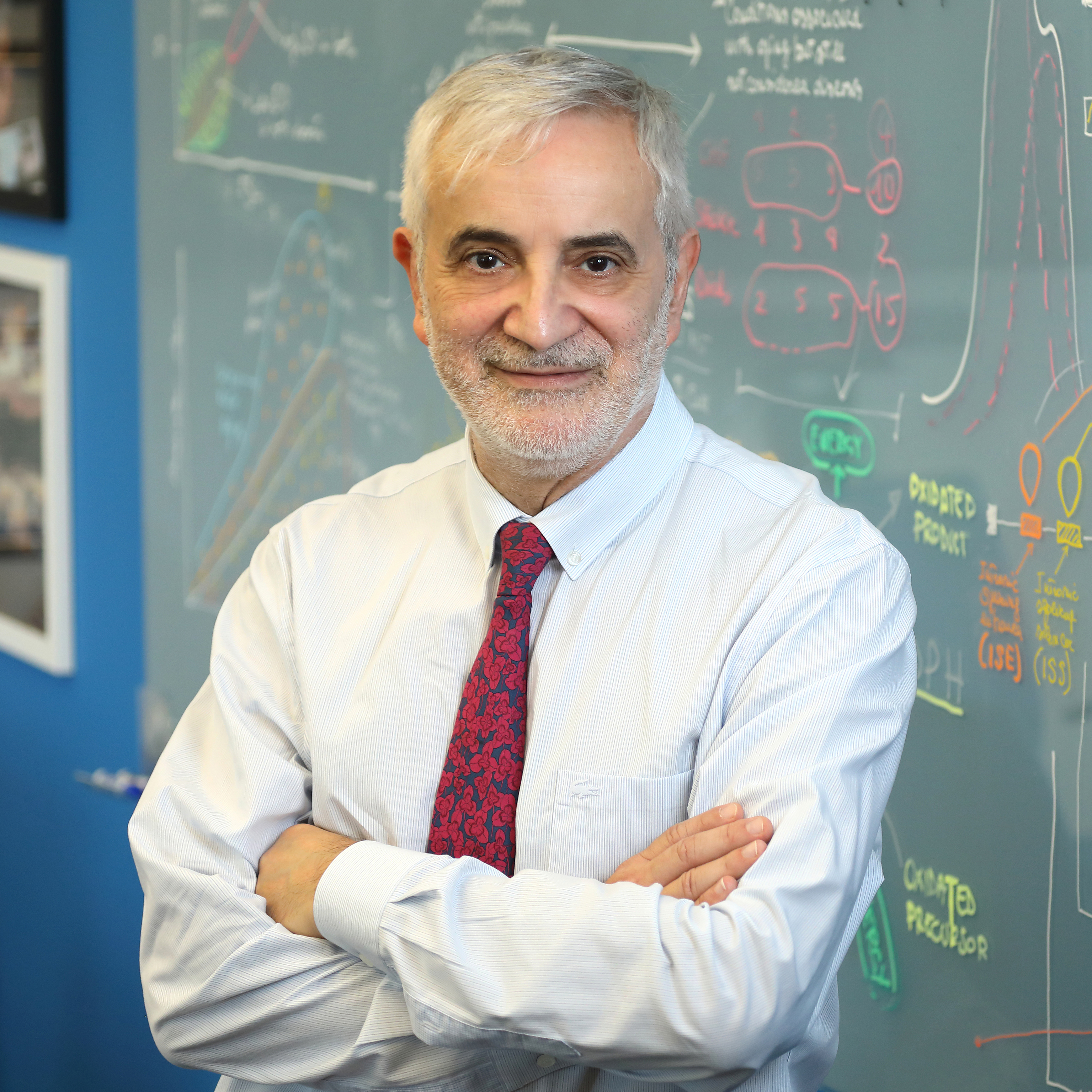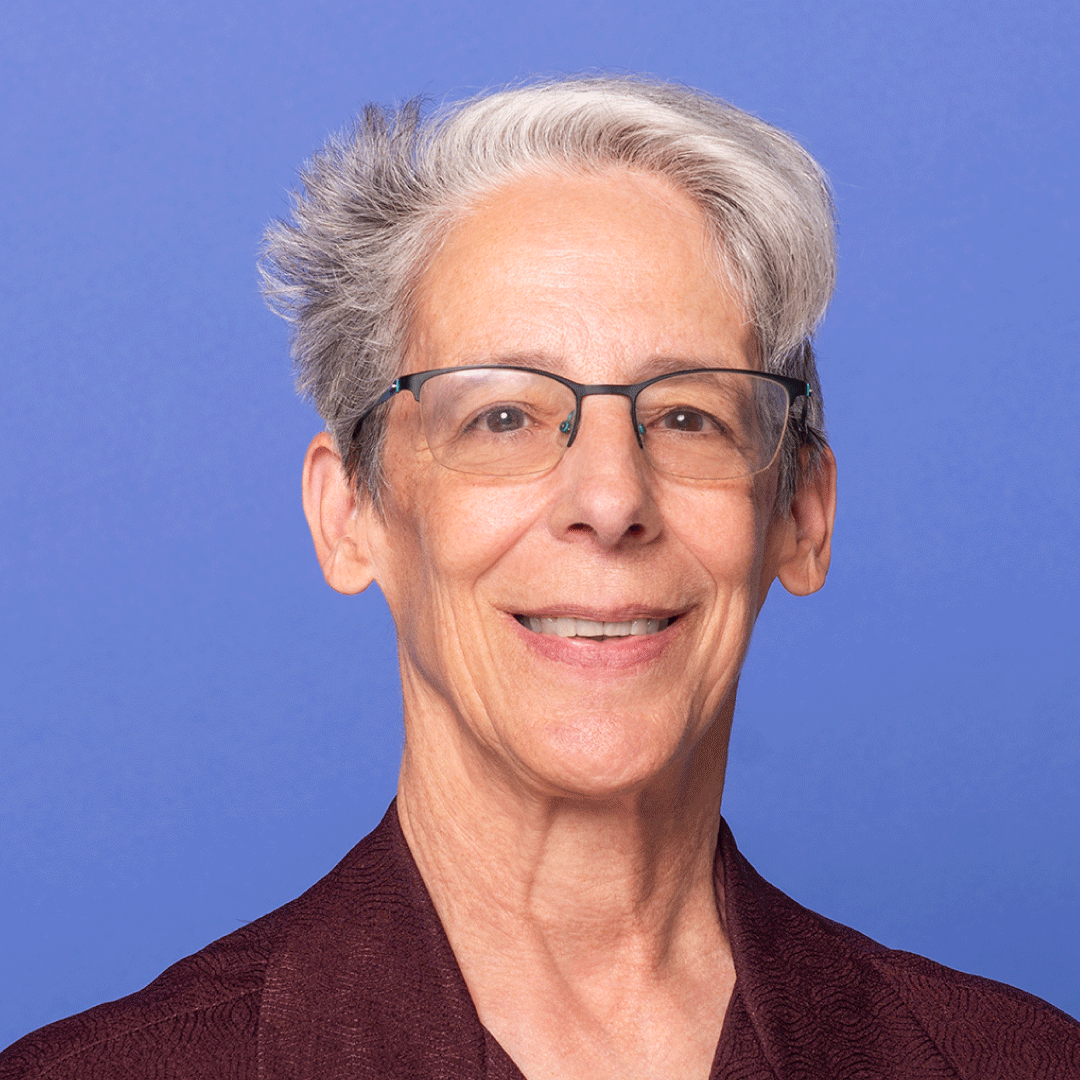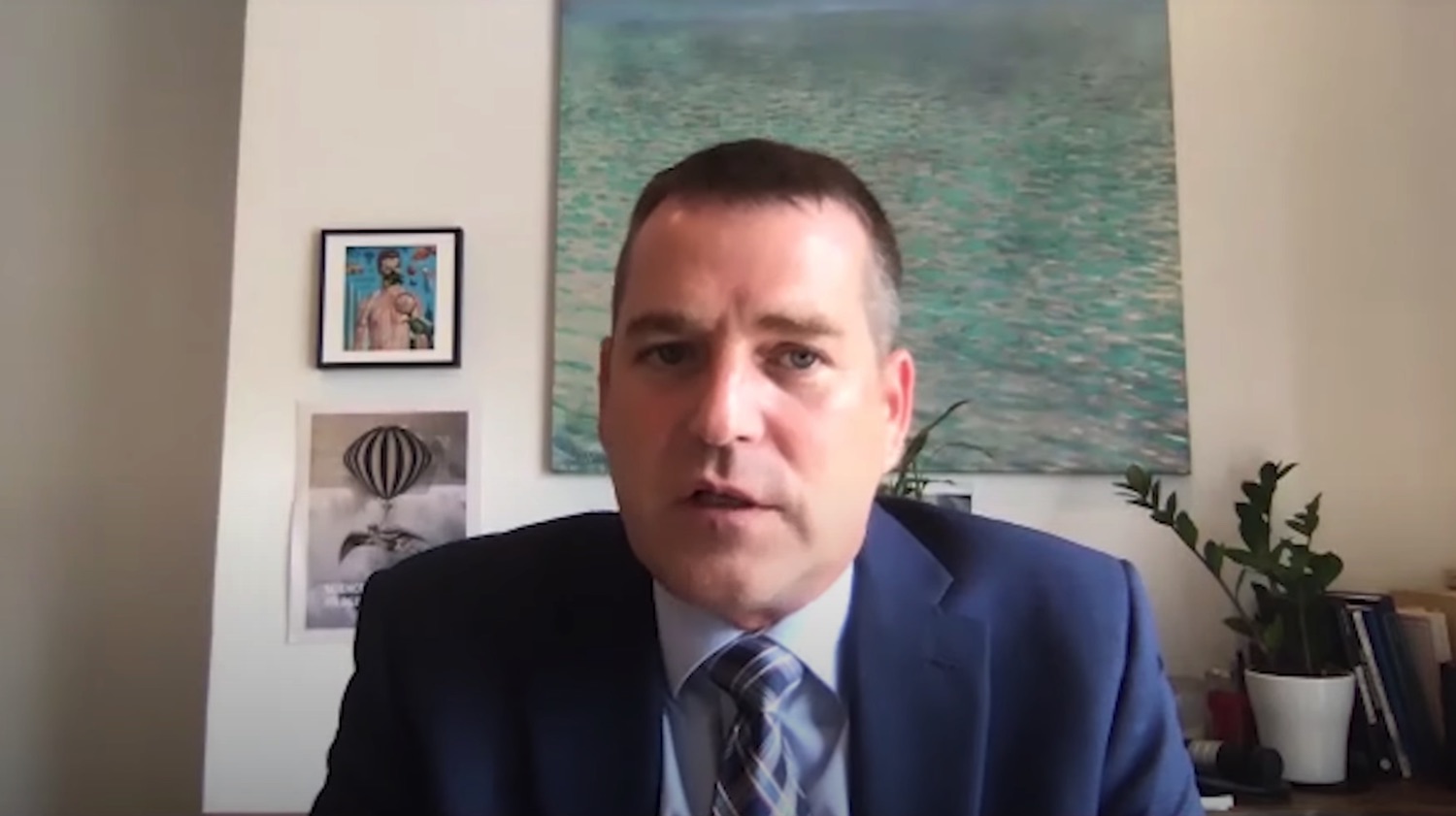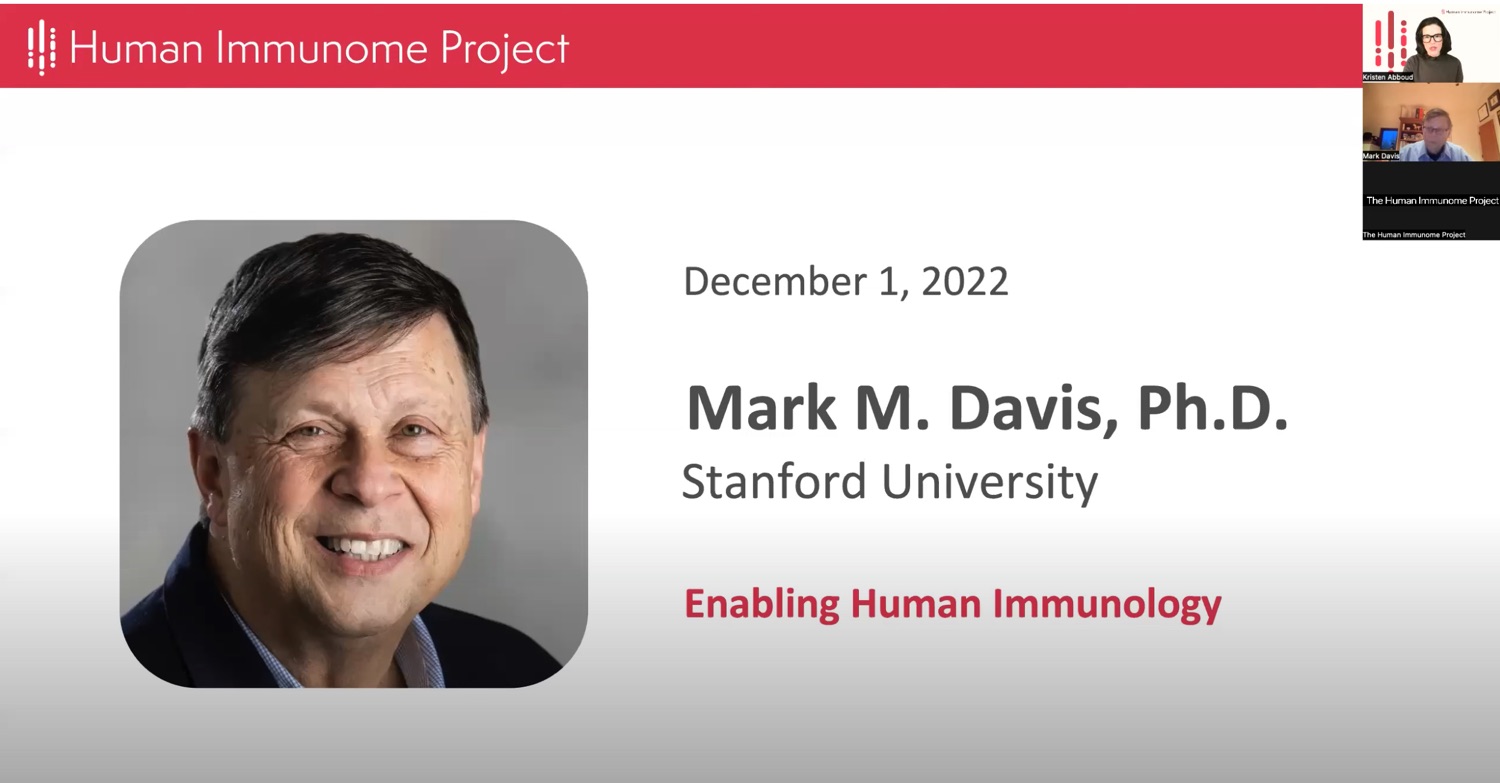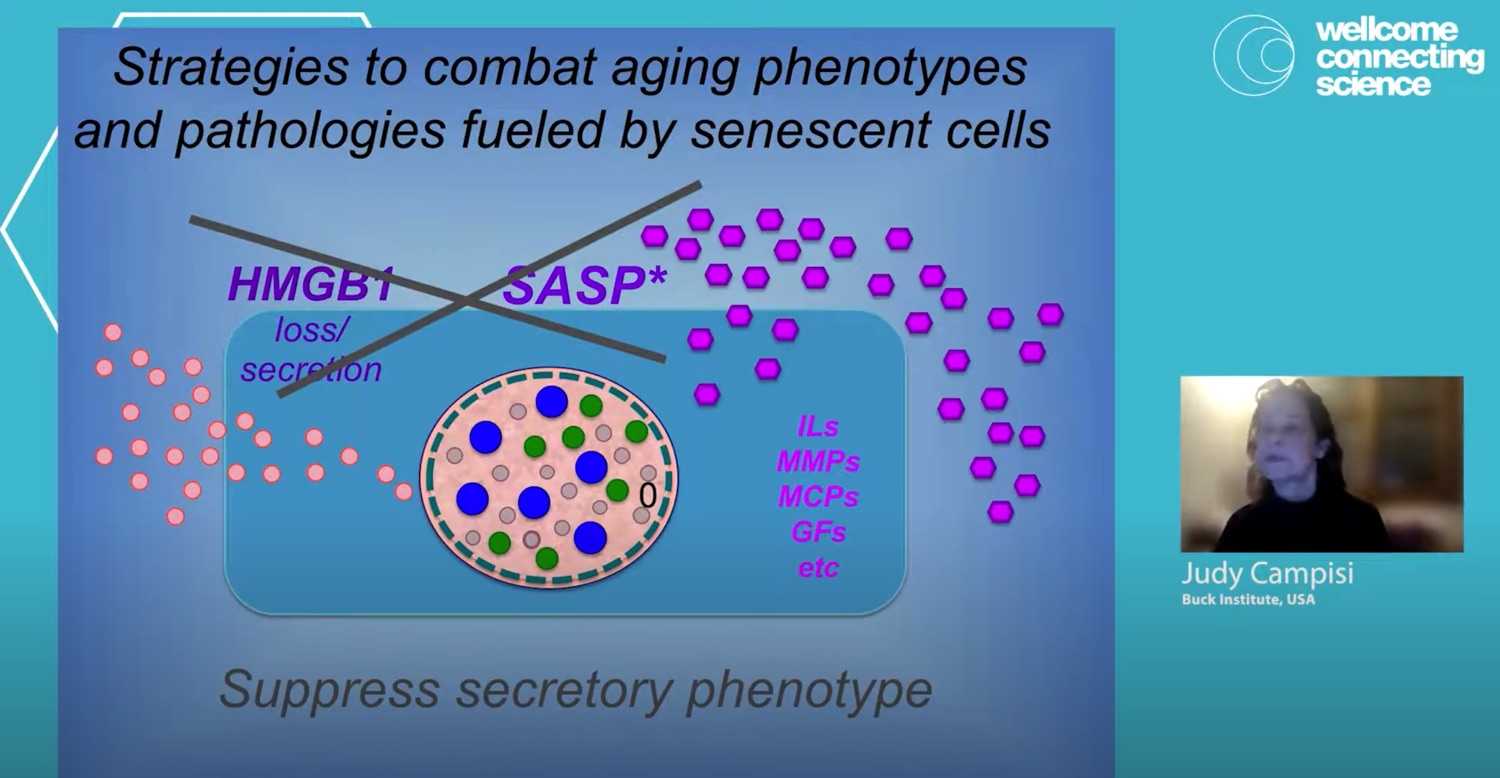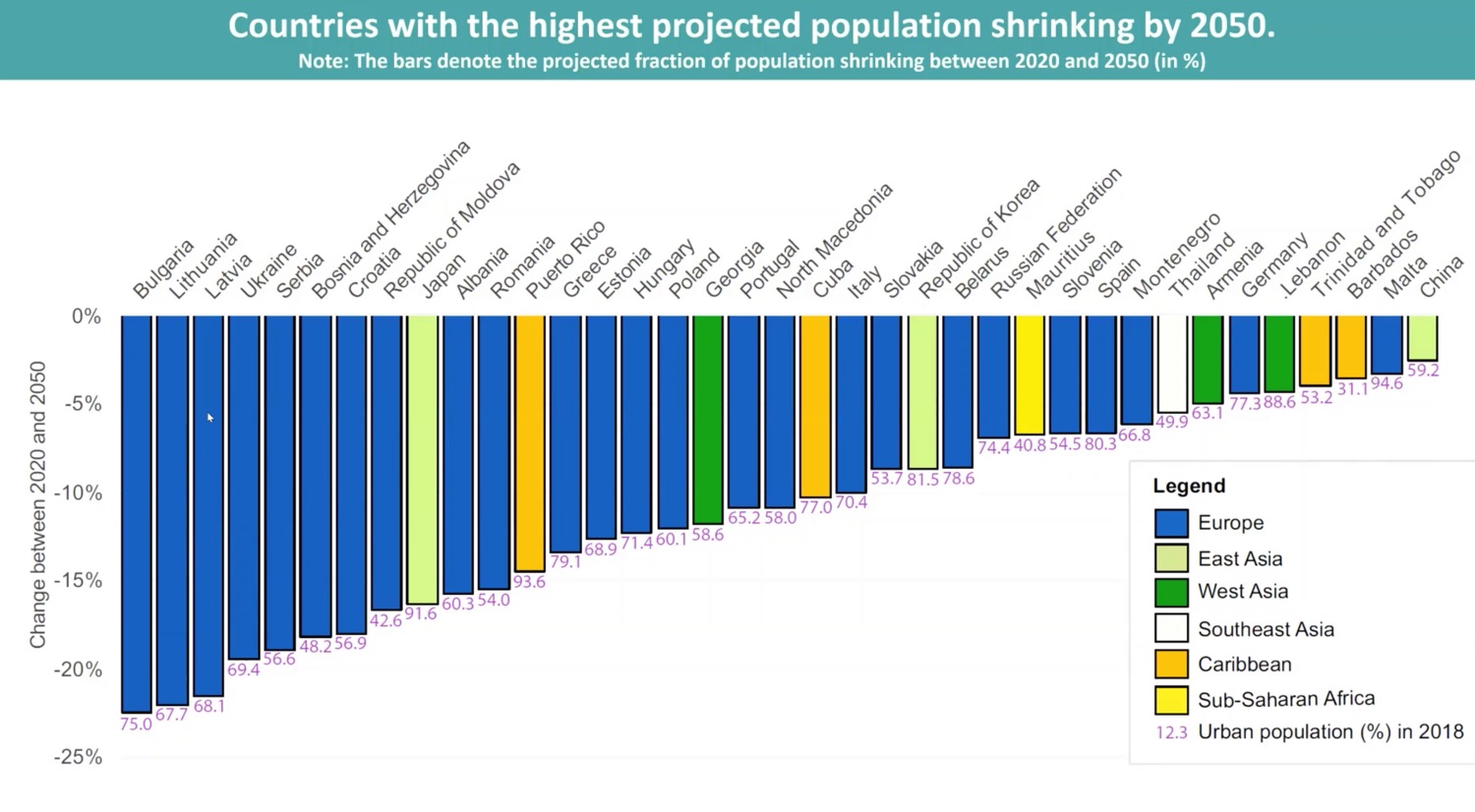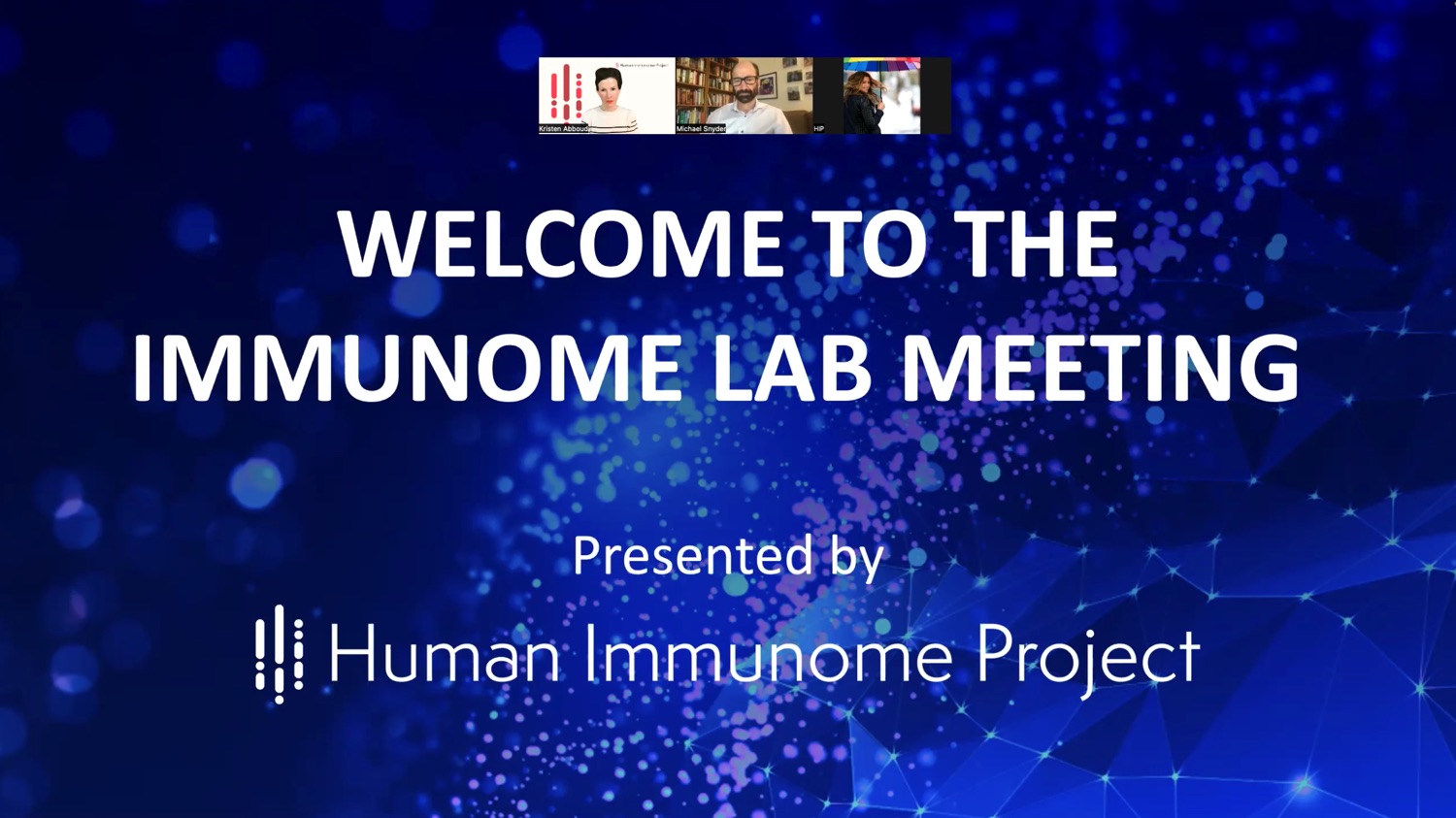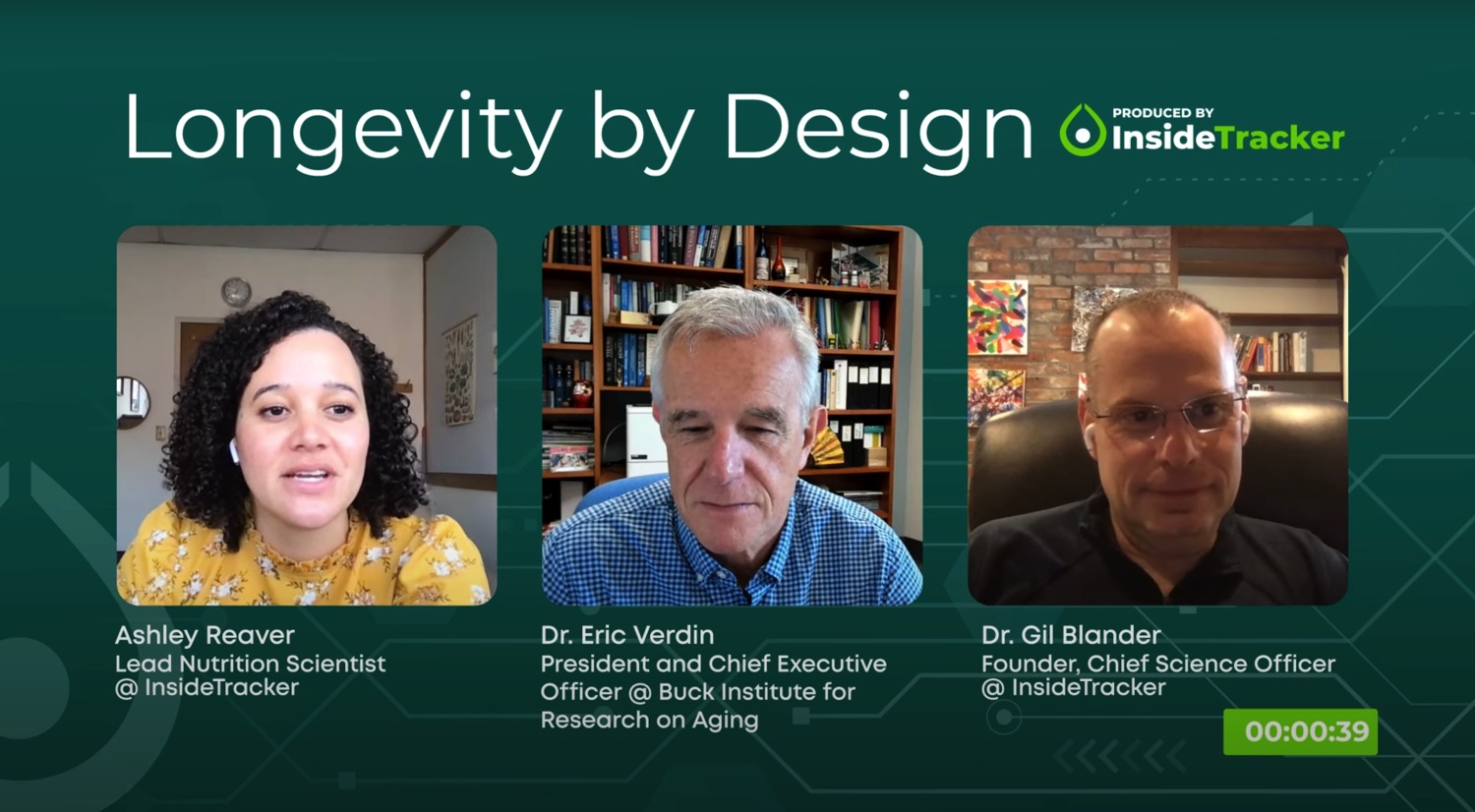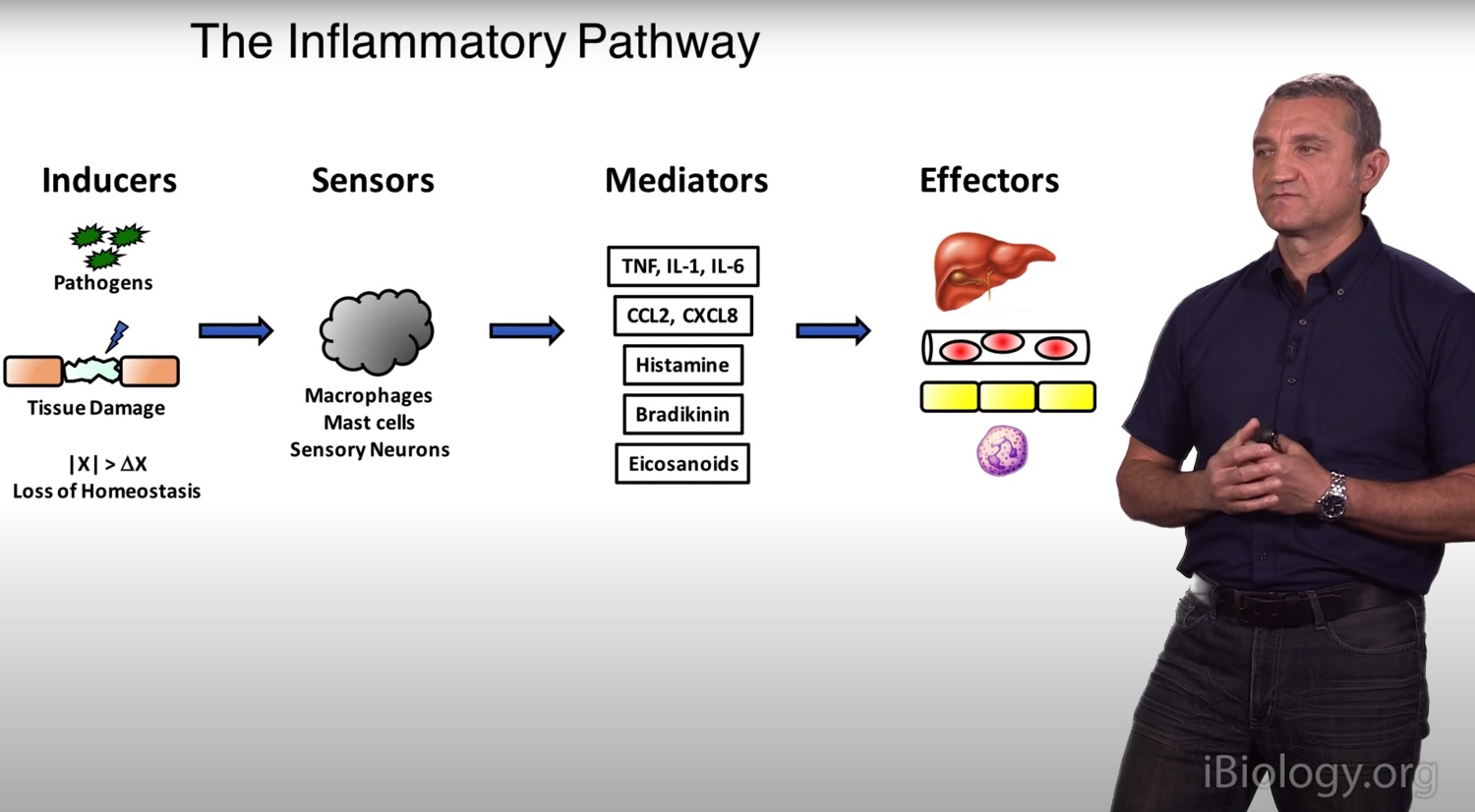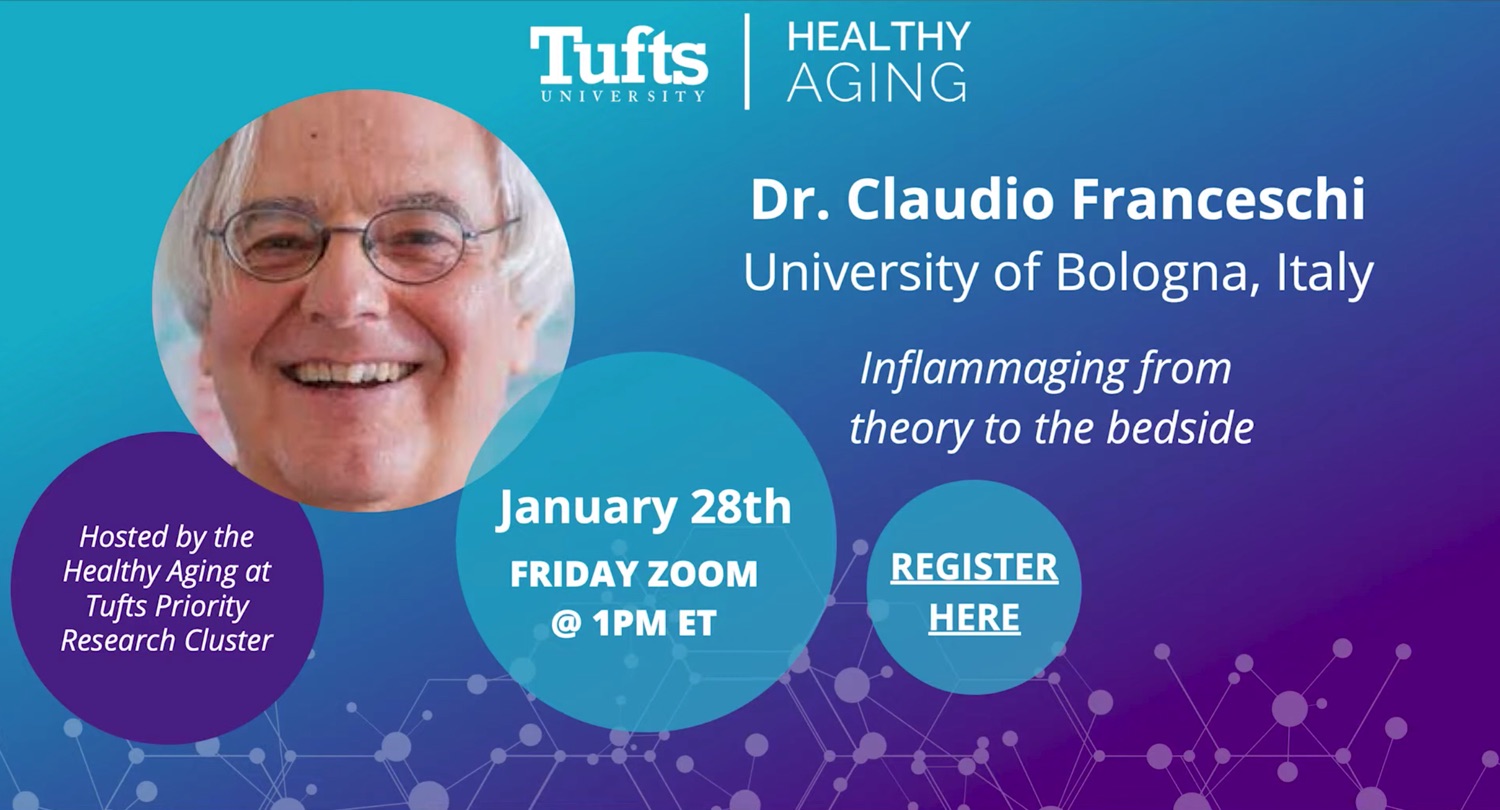Vision & Mission Statements
We are a non-profit organization with the mission of flattening the curve or abolishing chronic diseases by catalyzing research in the overlapping fields of the Exposome, Inflammaging and Diseases of Aging.
Our particular focus is on making the complex biology of aging accessible to everybody.
Founding Team
Dr. David Furman is the Director of the Stanford 1000 Immunomes Project and Associate Professor and Director of the Bioinformatics Core at the Buck Institute for Research on Aging.
His lab utilizes cutting-edge AI and ML technology to analyze and discover interventions for diseases of aging in humans as they relate to inflammation, spaceflight and other non-communicable diseases.
Dr. Furman obtained his doctoral degree in immunology from the School of Medicine, University of Buenos Aires, Argentina, for his work on cancer immune-surveillance. During his postdoctoral training at the Stanford School of Medicine, Dr. Furman focused on the application of advanced analytics to study aging of the immune system in humans. During a sabbatical year at University of Bordeaux, France, Dr. Furman studied the involvement of the endocrine and immune systems in human aging and in kidney transplantation, and then helped to create the Systems Biology Department at the Sidra Medical Research Center in Doha, Qatar.
Before joining as a Principal Investigator at the National Scientific and Research Council, Buenos Aires, Argentina, Dr. Furman returned to Stanford as a Senior Scientist at the Institute for Immunity, Transplantation and Infection (ITI), where his work involved the use of Machine Learning tools to better define the role of the immune system in cardiovascular aging. Dr. Furman has published over forty scientific articles in top-tier journals such as Cell, Nature Medicine, PNAS, The Lancet, and others.
Dr. David Furman is the Director of the Stanford 1000 Immunomes Project and Associate Professor and Director of the Bioinformatics Core at the Buck Institute for Research on Aging.
His lab utilizes cutting-edge AI and ML technology to analyze and discover interventions for diseases of aging in humans as they relate to inflammation, spaceflight and other non-communicable diseases.
Dr. Furman obtained his doctoral degree in immunology from the School of Medicine, University of Buenos Aires, Argentina, for his work on cancer immune-surveillance. During his postdoctoral training at the Stanford School of Medicine, Dr. Furman focused on the application of advanced analytics to study aging of the immune system in humans. During a sabbatical year at University of Bordeaux, France, Dr. Furman studied the involvement of the endocrine and immune systems in human aging and in kidney transplantation, and then helped to create the Systems Biology Department at the Sidra Medical Research Center in Doha, Qatar.
Before joining as a Principal Investigator at the National Scientific and Research Council, Buenos Aires, Argentina, Dr. Furman returned to Stanford as a Senior Scientist at the Institute for Immunity, Transplantation and Infection (ITI), where his work involved the use of Machine Learning tools to better define the role of the immune system in cardiovascular aging. Dr. Furman has published over forty scientific articles in top-tier journals such as Cell, Nature Medicine, PNAS, The Lancet, and others.
Dr. Eric Verdin is a distinguished biochemist and researcher specializing in the fields of aging, metabolism and epigenetics. He serves as the President and CEO of the Buck Institute for Research on Aging, one of the leading institutions dedicated to aging research in the United States. Dr. Verdin’s research primarily focuses on the role of metabolism and diet in the aging process, particularly in the context of sirtuins, a family of proteins known for their influence on cellular health.
Born in Belgium, Dr. Verdin completed his medical degree at the University of Liege before moving to the United States to further his research. Throughout his career, he has published over 200 scientific papers and articles and has received numerous awards and recognitions for his contributions to medical science.
Prior to his appointment at the Buck Institute, Dr. Verdin held various academic and research positions, including serving as a faculty member at the University of California, San Francisco (UCSF), where he conducted seminal research on HIV as well as aging. He is also known for his exploration of how diet affects aging through mechanisms like the ketogenic diet, which has implications not just for longevity but also for neurodegenerative diseases and metabolic disorders.
Dr. Verdin is an active member of several scientific societies and serves on the editorial boards of multiple scientific journals. His interdisciplinary approach to research makes him a sought-after collaborator and advisor in projects spanning from basic science to clinical interventions for age-related diseases.
Dr. Eric Verdin is a distinguished biochemist and researcher specializing in the fields of aging, metabolism and epigenetics. He serves as the President and CEO of the Buck Institute for Research on Aging, one of the leading institutions dedicated to aging research in the United States. Dr. Verdin’s research primarily focuses on the role of metabolism and diet in the aging process, particularly in the context of sirtuins, a family of proteins known for their influence on cellular health.
Born in Belgium, Dr. Verdin completed his medical degree at the University of Liege before moving to the United States to further his research. Throughout his career, he has published over 200 scientific papers and articles and has received numerous awards and recognitions for his contributions to medical science.
Prior to his appointment at the Buck Institute, Dr. Verdin held various academic and research positions, including serving as a faculty member at the University of California, San Francisco (UCSF), where he conducted seminal research on HIV as well as aging. He is also known for his exploration of how diet affects aging through mechanisms like the ketogenic diet, which has implications not just for longevity but also for neurodegenerative diseases and metabolic disorders.
Dr. Verdin is an active member of several scientific societies and serves on the editorial boards of multiple scientific journals. His interdisciplinary approach to research makes him a sought-after collaborator and advisor in projects spanning from basic science to clinical interventions for age-related diseases.
Dr. Judith Campisi received her PhD in biochemistry from the State University of New York at Stony Brook and completed her postdoctoral training at the Dana-Farber Cancer Institute and Harvard Medical School.
As an associate professor at the Boston University Medical School, she studied the role of cellular senescence in suppressing cancer and soon became convinced that senescent cells also contributed to aging. She joined the Lawrence Berkeley National Laboratory as a senior scientist in 1991. In 2002, she started a laboratory at the Buck Institute. Dr. Campisi has established a broad program to understand the relationship between aging and age-related disease, with an emphasis on the interface between cancer and aging.
She has received numerous awards for her research, including two MERIT awards from the National Institute on Aging and awards from the AlliedSignal Corporation, Gerontological Society of America, and American Federation for Aging Research. She is a recipient of the Longevity prize from the IPSEN Foundation, the Bennett Cohen award from the University of Michigan, and the Schober award from Halle University, and she is the first recipient of the international Olav Thon Foundation prize in Natural Sciences and Medicine.
Dr. Campisi is an editorial board member for more than a dozen peer-reviewed journals. She is a scientific co-founder of Unity Biotechnology, a California-based company focused on developing therapies for age-related pathologies.
Dr. Judith Campisi received her PhD in biochemistry from the State University of New York at Stony Brook and completed her postdoctoral training at the Dana-Farber Cancer Institute and Harvard Medical School.
As an associate professor at the Boston University Medical School, she studied the role of cellular senescence in suppressing cancer and soon became convinced that senescent cells also contributed to aging. She joined the Lawrence Berkeley National Laboratory as a senior scientist in 1991. In 2002, she started a laboratory at the Buck Institute. Dr. Campisi has established a broad program to understand the relationship between aging and age-related disease, with an emphasis on the interface between cancer and aging.
She has received numerous awards for her research, including two MERIT awards from the National Institute on Aging and awards from the AlliedSignal Corporation, Gerontological Society of America, and American Federation for Aging Research. She is a recipient of the Longevity prize from the IPSEN Foundation, the Bennett Cohen award from the University of Michigan, and the Schober award from Halle University, and she is the first recipient of the international Olav Thon Foundation prize in Natural Sciences and Medicine.
Dr. Campisi is an editorial board member for more than a dozen peer-reviewed journals. She is a scientific co-founder of Unity Biotechnology, a California-based company focused on developing therapies for age-related pathologies.
Dr. Michael Snyder is the Stanford W. Ascherman Professor and Chair of the Genetics Department at Stanford Medicine.
He was recruited by Stanford in 2009 to chair the Genetics Department and direct the Center for Genomics and Personalized Medicine. Under his leadership, U.S. News & World Report has ranked Stanford University first in Genetics, Genomics, and Bioinformatics every year for the past decade.
As the leading pioneer of 21st century healthcare, Dr. Snyder invented and significantly advanced many industry-standard approaches to personalized medicine.
Most recently his research involving longitudinal baseline profiling and state-of-the-art “omic” technologies research has greatly accelerated the advancement of precision medicine. As an entrepreneur, Dr. Snyder’s co-founded companies have collectively raised $242 million in venture capital and are worth more than $6 billion in value.
Dr. Snyder also serves on the board for a number of other companies.
Dr. Michael Snyder is the Stanford W. Ascherman Professor and Chair of the Genetics Department at Stanford Medicine.
He was recruited by Stanford in 2009 to chair the Genetics Department and direct the Center for Genomics and Personalized Medicine. Under his leadership, U.S. News & World Report has ranked Stanford University first in Genetics, Genomics, and Bioinformatics every year for the past decade.
As the leading pioneer of 21st century healthcare, Dr. Snyder invented and significantly advanced many industry-standard approaches to personalized medicine.
Most recently his research involving longitudinal baseline profiling and state-of-the-art “omic” technologies research has greatly accelerated the advancement of precision medicine. As an entrepreneur, Dr. Snyder’s co-founded companies have collectively raised $242 million in venture capital and are worth more than $6 billion in value.
Dr. Snyder also serves on the board for a number of other companies.
Dr. Nicole Kleinstreuer is the Director of the NTP Interagency Center for the Evaluation of Alternative Toxicological Methods (NICEATM), which is the US federal resource for alternatives to animal testing, and the Executive Director of the congressionally mandated Interagency Coordinating Committee on the Validation of Alternative Methods (ICCVAM).
Her work is centered on domestic and international efforts to develop novel testing, modeling and analysis strategies that provide more rapid, mechanistic and human-relevant predictions of potential environmental chemical hazards.
Dr. Kleinstreuer has a secondary appointment in the NIEHS Division of Intramural Research Biostatistics and Computational Biology Branch, and Adjunct Faculty positions in the Yale University School of Public Health and the Eshelman School of Pharmacy at the University of North Carolina at Chapel Hill.
She has published over 125 peer-reviewed publications and won numerous awards, including the 2022 NIH Director’s Award and the 2019 Society of Toxicology Achievement Award.
Dr. Nicole Kleinstreuer is the Director of the NTP Interagency Center for the Evaluation of Alternative Toxicological Methods (NICEATM), which is the US federal resource for alternatives to animal testing, and the Executive Director of the congressionally mandated Interagency Coordinating Committee on the Validation of Alternative Methods (ICCVAM).
Her work is centered on domestic and international efforts to develop novel testing, modeling and analysis strategies that provide more rapid, mechanistic and human-relevant predictions of potential environmental chemical hazards.
Dr. Kleinstreuer has a secondary appointment in the NIEHS Division of Intramural Research Biostatistics and Computational Biology Branch, and Adjunct Faculty positions in the Yale University School of Public Health and the Eshelman School of Pharmacy at the University of North Carolina at Chapel Hill.
She has published over 125 peer-reviewed publications and won numerous awards, including the 2022 NIH Director’s Award and the 2019 Society of Toxicology Achievement Award.
Dr. Ruslan Medzhitov is a prominent immunologist known for his groundbreaking work in the field of innate immunity. Born in Tashkent, Uzbekistan, he gained international recognition for his co-discovery of the Toll-like receptor (TLR) with the late Dr. Charles Janeway at Yale University. This discovery has had a profound impact on our understanding of the immune system and has opened up new avenues for research in immunology, vaccine development and disease treatment.
Dr. Medzhitov holds the Sterling Professorship of Immunobiology at Yale University School of Medicine, where he also serves as an Investigator at the Howard Hughes Medical Institute.
He has been the recipient of numerous awards and honors, including the prestigious Shaw Prize in Life Science and Medicine, for his contributions to the field.
His research interests span a wide range of topics in immunology, including the molecular mechanisms underlying immune responses and the role of inflammation in health and disease. Dr. Medzhitov has published extensively in top-tier scientific journals and is a key opinion leader in his field.
Renowned for his interdisciplinary approach, Dr. Medzhitov collaborates with researchers across different areas of science, contributing to a holistic understanding of immunity and its implications for human health. He is a frequent speaker at international scientific conferences and has been instrumental in shaping the course of modern immunology.
Dr. Ruslan Medzhitov is a prominent immunologist known for his groundbreaking work in the field of innate immunity. Born in Tashkent, Uzbekistan, he gained international recognition for his co-discovery of the Toll-like receptor (TLR) with the late Dr. Charles Janeway at Yale University. This discovery has had a profound impact on our understanding of the immune system and has opened up new avenues for research in immunology, vaccine development and disease treatment.
Dr. Medzhitov holds the Sterling Professorship of Immunobiology at Yale University School of Medicine, where he also serves as an Investigator at the Howard Hughes Medical Institute.
He has been the recipient of numerous awards and honors, including the prestigious Shaw Prize in Life Science and Medicine, for his contributions to the field.
His research interests span a wide range of topics in immunology, including the molecular mechanisms underlying immune responses and the role of inflammation in health and disease. Dr. Medzhitov has published extensively in top-tier scientific journals and is a key opinion leader in his field.
Renowned for his interdisciplinary approach, Dr. Medzhitov collaborates with researchers across different areas of science, contributing to a holistic understanding of immunity and its implications for human health. He is a frequent speaker at international scientific conferences and has been instrumental in shaping the course of modern immunology.
Dr. Mark M. Davis is the Director of the Stanford Institute for Immunology, Transplantation and Infection (ITI), a Professor of Microbiology and Immunology and a Howard Hughes Medical Institute Investigator. He received a B.A. from Johns Hopkins University and a Ph.D. from the California Institute of Technology.
He later was a postdoctoral fellow and staff fellow at the Laboratory of Immunology at NIH and later became a Faculty member in the Department of Microbiology and Immunology at Stanford University School of Medicine, where he remains today. Dr. Davis is well known for identifying many of the T-cell receptor genes, which are responsible for the ability of these cells to recognize a diverse repertoire of antigens. Other work in his laboratory pioneered studies of the biochemistry, genetics and cell biology of these molecules and T lymphocytes generally, which play a key role in orchestrating immune responses.
He and his colleagues also developed a novel way of labeling specific T lymphocytes according to the molecules that they recognize (“peptide-MHC tetramers”), which is widely used in both clinical and basic immunology studies. His current research interests involve understanding the molecular interactions that underlie T cell recognition and the challenges of human immunology, specifically a “systems level” understanding of an immune response to vaccination or infection. He has received many honors and awards, including memberships in the National Academy of Science and the Institute of Medicine, 2021 Szent-Györgyi Prize for Progress in Cancer Research, NFCR, The Paul Ehrlich Prize, The Gairdner Foundation Prize, The King Faisal Prize and the General Motors Alfred P. Sloan Prize.
Dr. Mark M. Davis is the Director of the Stanford Institute for Immunology, Transplantation and Infection (ITI), a Professor of Microbiology and Immunology and a Howard Hughes Medical Institute Investigator. He received a B.A. from Johns Hopkins University and a Ph.D. from the California Institute of Technology.
He later was a postdoctoral fellow and staff fellow at the Laboratory of Immunology at NIH and later became a Faculty member in the Department of Microbiology and Immunology at Stanford University School of Medicine, where he remains today. Dr. Davis is well known for identifying many of the T-cell receptor genes, which are responsible for the ability of these cells to recognize a diverse repertoire of antigens. Other work in his laboratory pioneered studies of the biochemistry, genetics and cell biology of these molecules and T lymphocytes generally, which play a key role in orchestrating immune responses.
He and his colleagues also developed a novel way of labeling specific T lymphocytes according to the molecules that they recognize (“peptide-MHC tetramers”), which is widely used in both clinical and basic immunology studies. His current research interests involve understanding the molecular interactions that underlie T cell recognition and the challenges of human immunology, specifically a “systems level” understanding of an immune response to vaccination or infection. He has received many honors and awards, including memberships in the National Academy of Science and the Institute of Medicine, 2021 Szent-Györgyi Prize for Progress in Cancer Research,NFCR, The Paul Ehrlich Prize, The Gairdner Foundation Prize, The King Faisal Prize and the General Motors Alfred P. Sloan Prize.
Dr. Claudio Franceschi is a renowned Italian biologist known for his extensive work in the field of immunology and aging. He has held several key academic positions, including professorships at esteemed institutions in Italy and abroad. Dr. Franceschi is particularly noted for his research into the immunological aspects of aging, which has led to the development of the concept of “inflammaging,” a term coined to describe the chronic, low-grade inflammation that characterizes aging.
Throughout his career, Dr. Franceschi has published hundreds of peer-reviewed papers and has been a recipient of numerous awards and honors for his contributions to the scientific community. His research has not only furthered our understanding of the biological aspects of aging but has also opened up avenues for potential therapeutic interventions for age-related diseases.
His collaborations extend across multiple disciplines and continents, demonstrating the global impact of his work. A sought-after speaker at international conferences, Dr. Franceschi continues to push the boundaries of our understanding of aging, immunity, and human health.
Dr. Claudio Franceschi is a renowned Italian biologist known for his extensive work in the field of immunology and aging. He has held several key academic positions, including professorships at esteemed institutions in Italy and abroad. Dr. Franceschi is particularly noted for his research into the immunological aspects of aging, which has led to the development of the concept of “inflammaging,” a term coined to describe the chronic, low-grade inflammation that characterizes aging.
Throughout his career, Dr. Franceschi has published hundreds of peer-reviewed papers and has been a recipient of numerous awards and honors for his contributions to the scientific community. His research has not only furthered our understanding of the biological aspects of aging but has also opened up avenues for potential therapeutic interventions for age-related diseases.
His collaborations extend across multiple disciplines and continents, demonstrating the global impact of his work. A sought-after speaker at international conferences, Dr. Franceschi continues to push the boundaries of our understanding of aging, immunity, and human health.
Dr. Luigi Ferrucci is a distinguished geriatrician and epidemiologist. He serves as the Scientific Director of the National Institute on Aging (NIA) at the National Institutes of Health (NIH) in the United States. Dr. Ferrucci is renowned for his extensive research on the biology of aging, specifically focused on the underlying mechanisms that lead to the progressive decline in physiological function with age.
Dr. Ferrucci completed his medical degree and further specialized in internal medicine. Before joining the NIA, he had a long-standing career in research and clinical practice in Italy. His expertise includes a broad range of topics within the biology of aging, such as frailty, the role of inflammation in the aging process and the cognitive and functional decline associated with aging. He is particularly noted for his work on the InCHIANTI study, a population-based study in Italy designed to investigate the factors contributing to the decline of mobility in older persons.
He has published hundreds of peer-reviewed scientific articles and has been a key figure at numerous international conferences on aging and geriatrics. He has received multiple awards for his contributions to the field, including honors from gerontological societies in the United States and Europe.
Dr. Luigi Ferrucci is a distinguished geriatrician and epidemiologist. He serves as the Scientific Director of the National Institute on Aging (NIA) at the National Institutes of Health (NIH) in the United States. Dr. Ferrucci is renowned for his extensive research on the biology of aging, specifically focused on the underlying mechanisms that lead to the progressive decline in physiological function with age.
Dr. Ferrucci completed his medical degree and further specialized in internal medicine. Before joining the NIA, he had a long-standing career in research and clinical practice in Italy. His expertise includes a broad range of topics within the biology of aging, such as frailty, the role of inflammation in the aging process and the cognitive and functional decline associated with aging. He is particularly noted for his work on the InCHIANTI study, a population-based study in Italy designed to investigate the factors contributing to the decline of mobility in older persons.
He has published hundreds of peer-reviewed scientific articles and has been a key figure at numerous international conferences on aging and geriatrics. He has received multiple awards for his contributions to the field, including honors from gerontological societies in the United States and Europe.
Selected as the Deputy Chief of Staff in 2019, Dr. Theodora Mauro began her career with San Francisco VA Health Care System (SFVAHCS) on July 1, 1992. Dr. Mauro is a Dermatologist who specializes in caring for patients with skin wounds and serves as the Chief of the Mission Bay Dermatology Laboratories for SFVAHCS.
She is a Professor in Residence at the Department of Dermatology, School of Medicine, University of California, San Francisco (UCSF); a member of the Biomedical Sciences Graduate Program, UCSF; and a member of the UCSF/Mt Zion Cancer Center. Dr. Mauro’s research at the SFVAHC and UCSF looks at how the epidermal barrier (the skin’s protective outer layer) is formed and maintained, particularly in aging skin.
She earned her medical degree from Drexel University College of Medicine in 1985 and completed a residency in dermatology at the University of California, Davis, where she served as chief resident. She completed additional research training in the physiology department of the University of Pennsylvania, with funding from the National Institutes of Health.
Selected as the Deputy Chief of Staff in 2019, Dr. Theodora Mauro began her career with San Francisco VA Health Care System (SFVAHCS) on July 1, 1992. Dr. Mauro is a Dermatologist who specializes in caring for patients with skin wounds and serves as the Chief of the Mission Bay Dermatology Laboratories for SFVAHCS.
She is a Professor in Residence at the Department of Dermatology, School of Medicine, University of California, San Francisco (UCSF); a member of the Biomedical Sciences Graduate Program, UCSF; and a member of the UCSF/Mt Zion Cancer Center. Dr. Mauro’s research at the SFVAHC and UCSF looks at how the epidermal barrier (the skin’s protective outer layer) is formed and maintained, particularly in aging skin.
She earned her medical degree from Drexel University College of Medicine in 1985 and completed a residency in dermatology at the University of California, Davis, where she served as chief resident. She completed additional research training in the physiology department of the University of Pennsylvania, with funding from the National Institutes of Health.
Dr. Miller serves as Vice Dean for Research Strategy and Innovation and Professor of Environmental Health Sciences in the Mailman School of Public Health, and Professor of Molecular Pharmacology and Therapeutics in the Vagelos College of Physicians and Surgeons at Columbia University in New York.
His laboratory studies the role of environmental factors in neurodegenerative diseases, including Parkinson’s disease and Alzheimer’s disease.
Dr. Miller founded the first exposome center in the U.S. and wrote the first book on the topic. He has helped develop high-resolution mass spectrometry methods to provide an omic-scale analysis of the human exposome.
He is a member of the National Institutes of Health All of Us Research Program Advisory Panel and the National Institute of Environmental Health Sciences Advisory Council. Dr. Miller is the founding editor of the new journal Exposome, published by Oxford University Press.
Dr. Miller serves as Vice Dean for Research Strategy and Innovation and Professor of Environmental Health Sciences in the Mailman School of Public Health, and Professor of Molecular Pharmacology and Therapeutics in the Vagelos College of Physicians and Surgeons at Columbia University in New York.
His laboratory studies the role of environmental factors in neurodegenerative diseases, including Parkinson’s disease and Alzheimer’s disease.
Dr. Miller founded the first exposome center in the U.S. and wrote the first book on the topic. He has helped develop high-resolution mass spectrometry methods to provide an omic-scale analysis of the human exposome.
He is a member of the National Institutes of Health All of Us Research Program Advisory Panel and the National Institute of Environmental Health Sciences Advisory Council. Dr. Miller is the founding editor of the new journal Exposome, published by Oxford University Press.
Affiliations


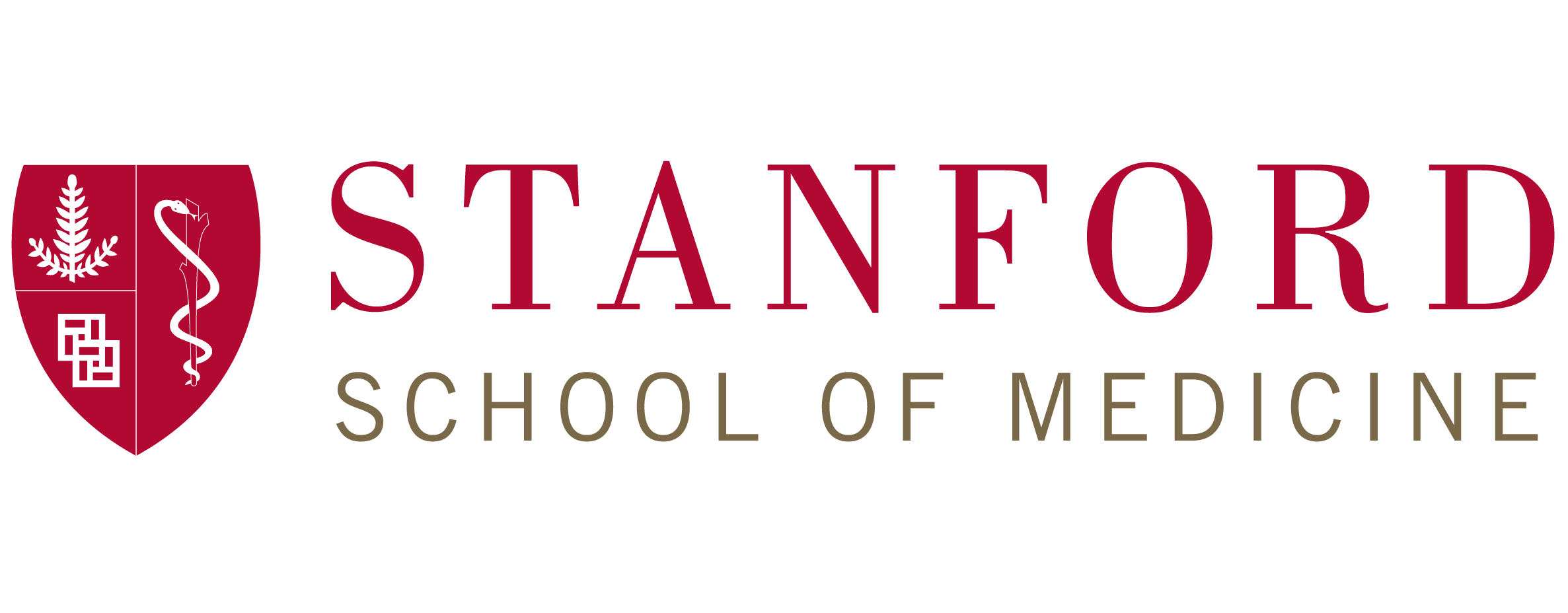
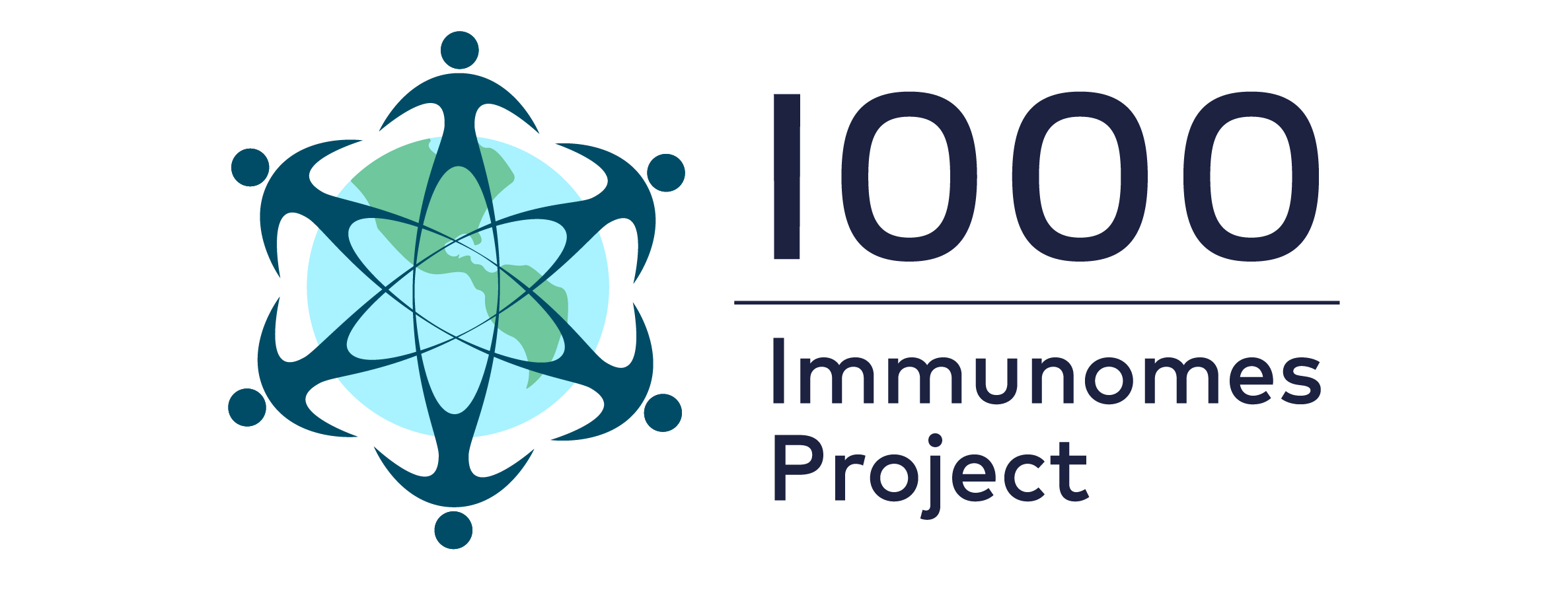
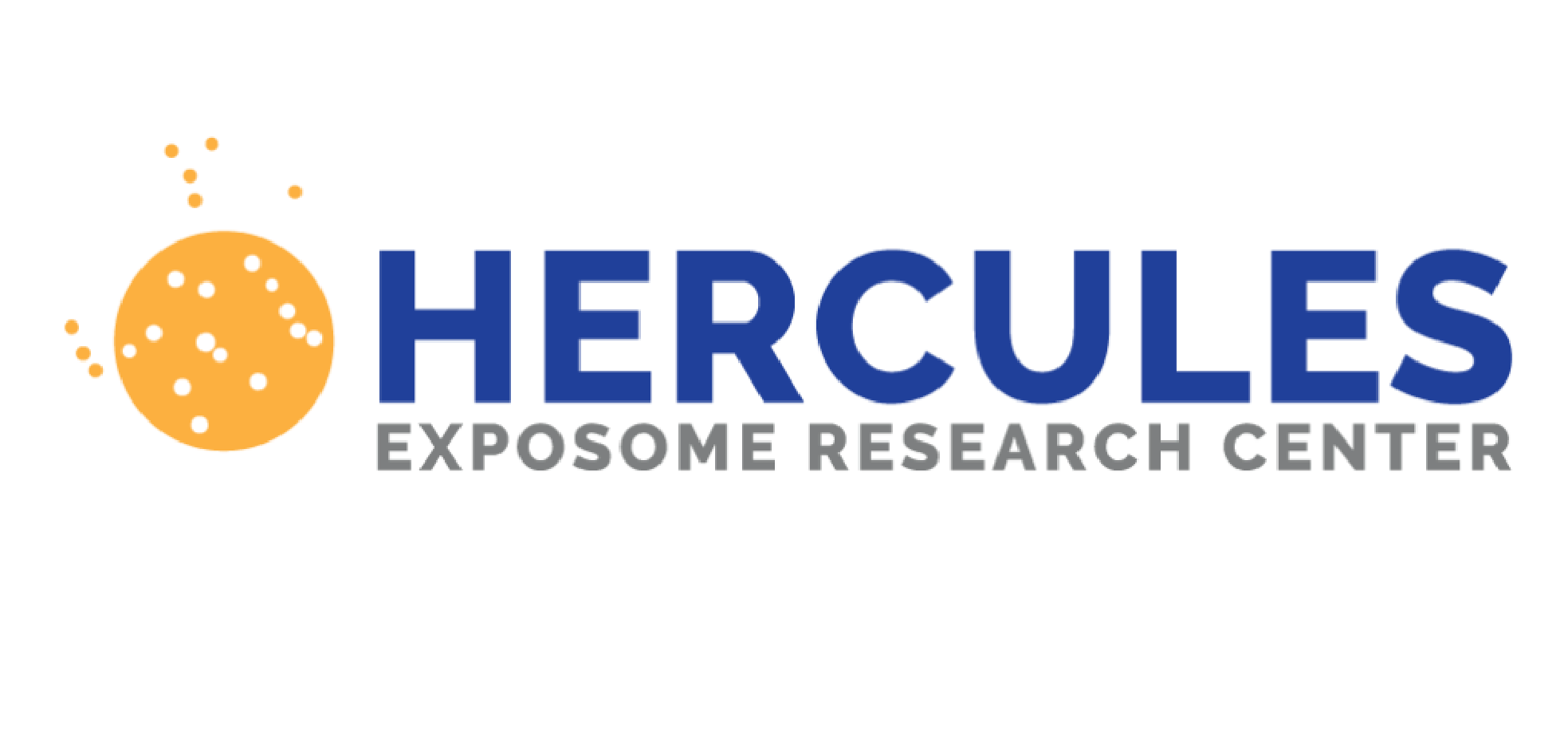


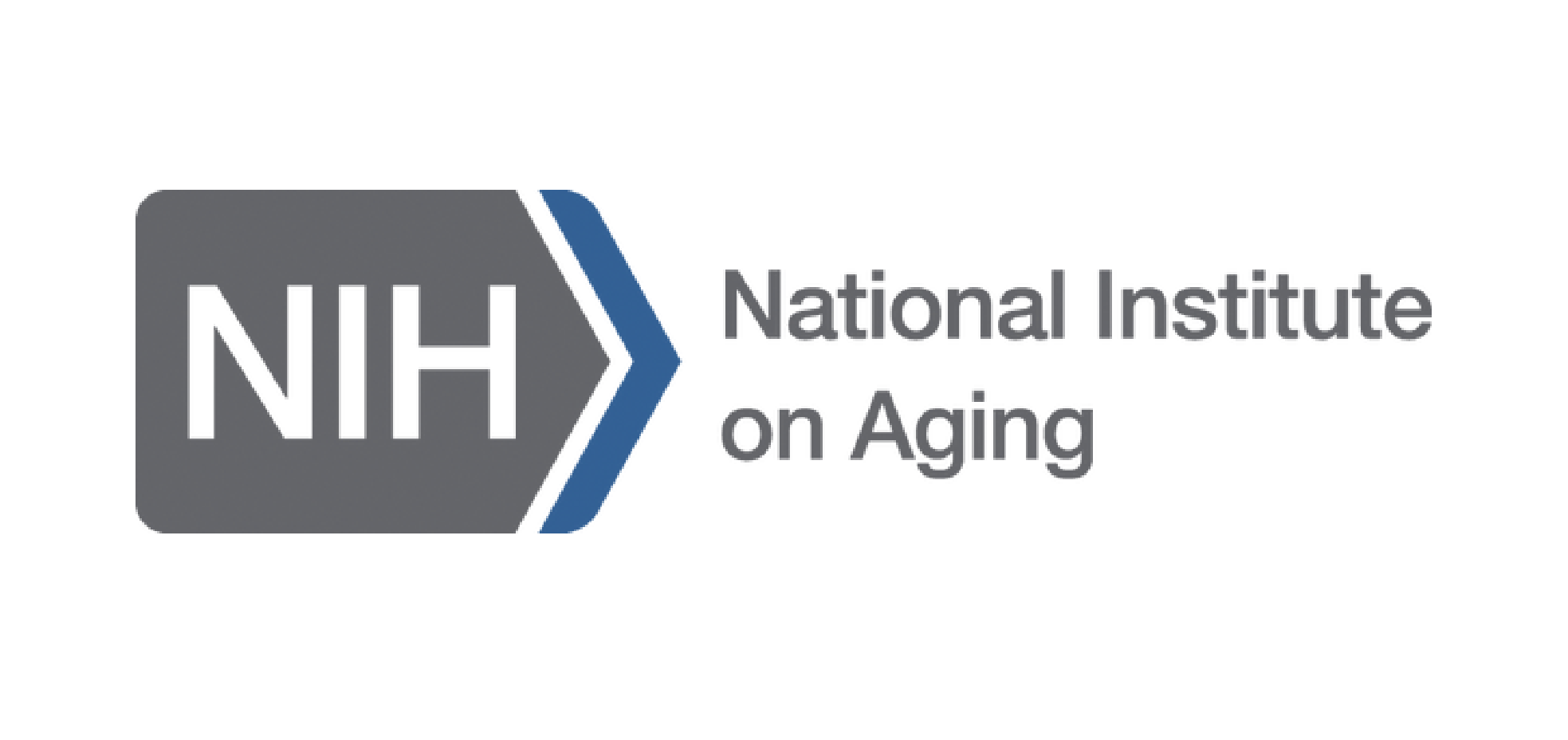
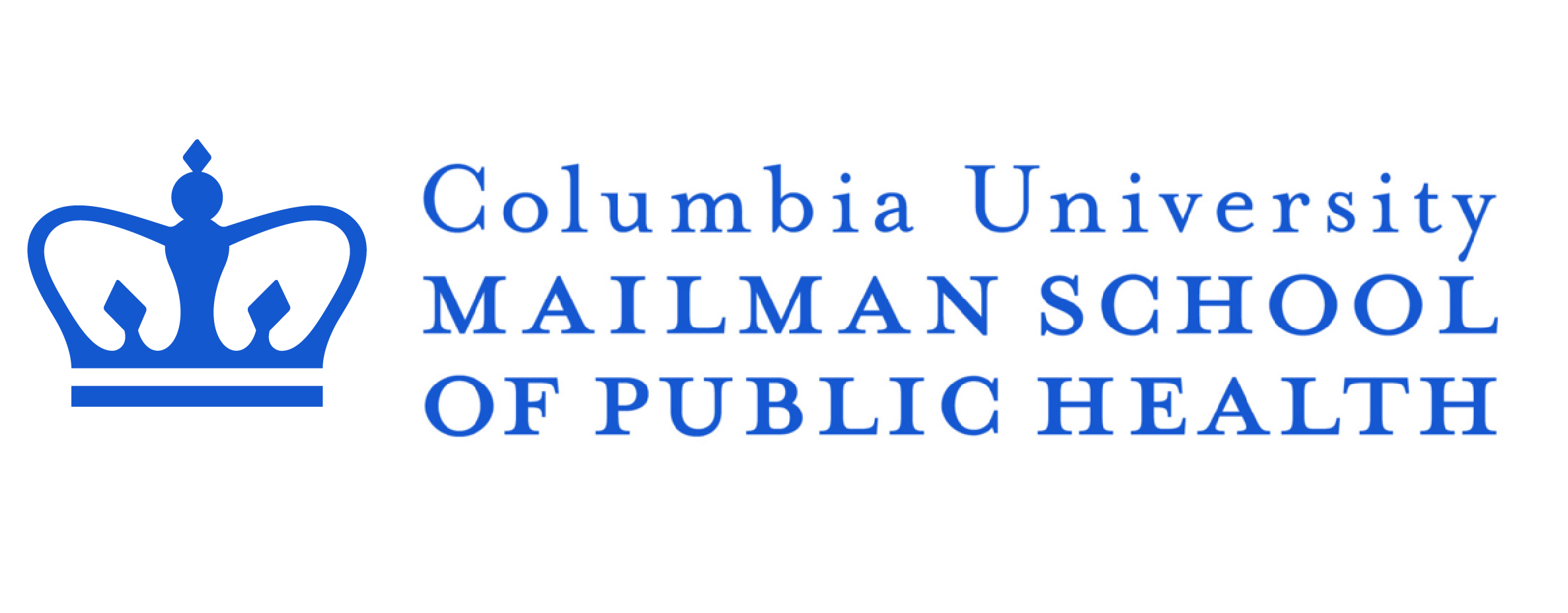

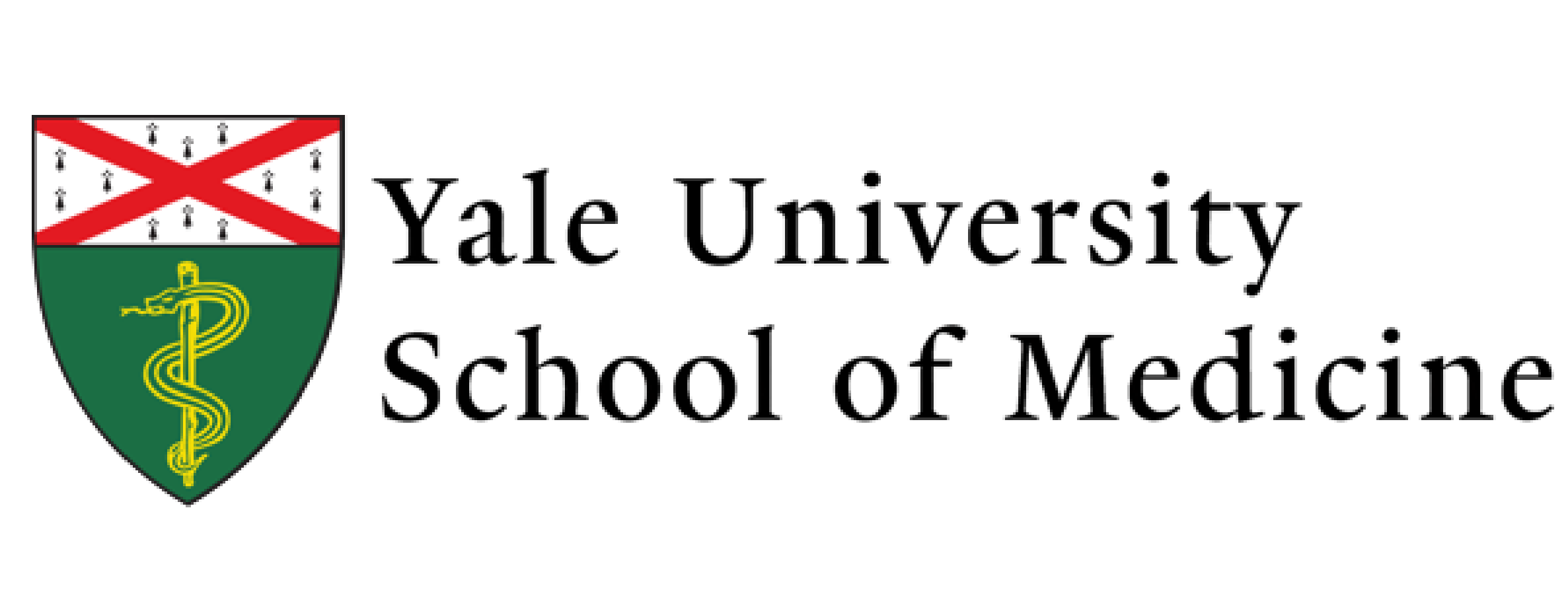
Founder Talks: Seminar Compilation
Seminar Compilation
Current Areas of Research
-
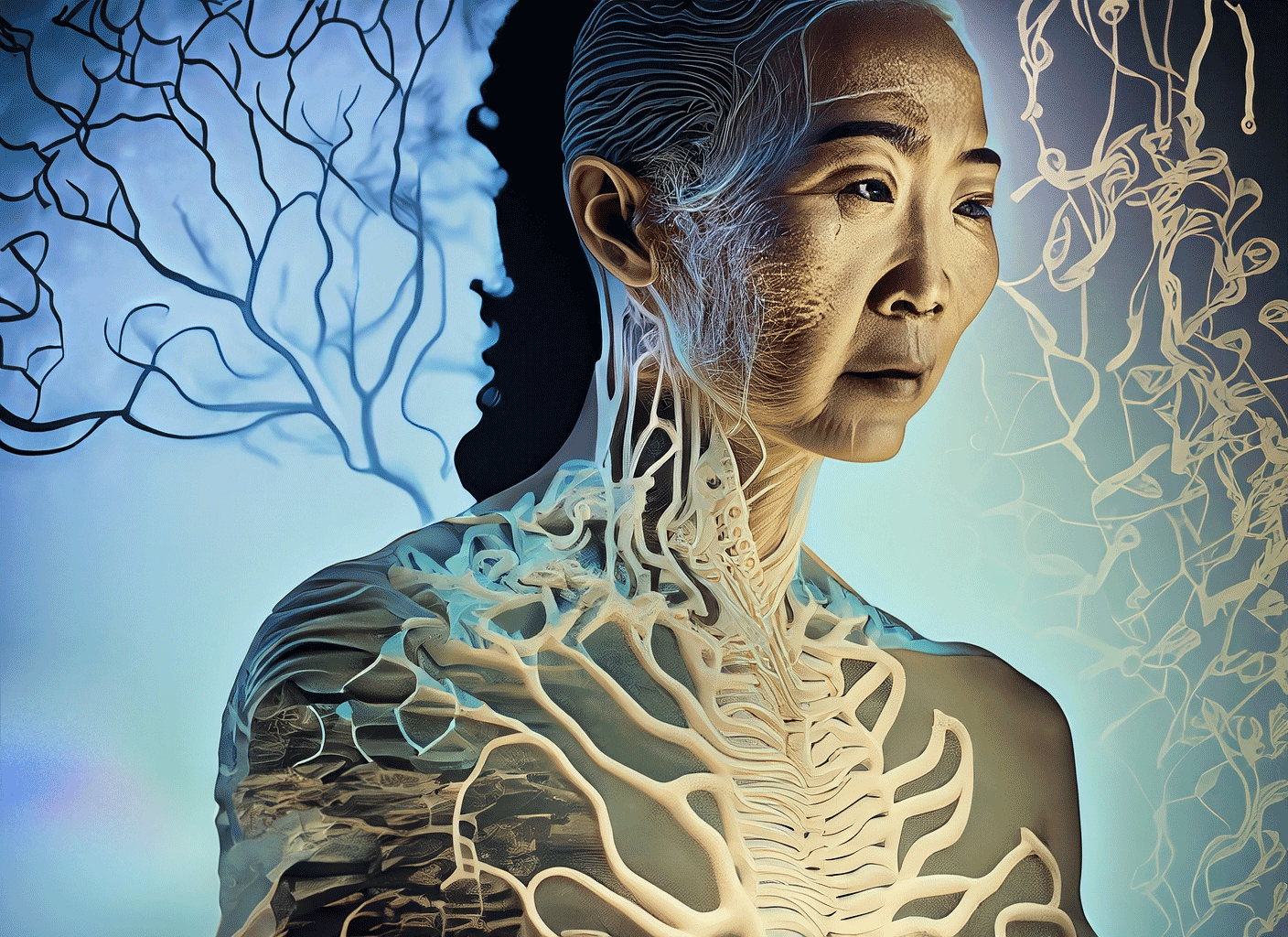
Funding Goal: $2-2.5M
Healthy Selfie
Accurate face photo representation of systemic immune aging. -

Funding Goal: $500-800k
Precision Exposome Questionnaire:
Rapid survey predictive of internal exposome. -
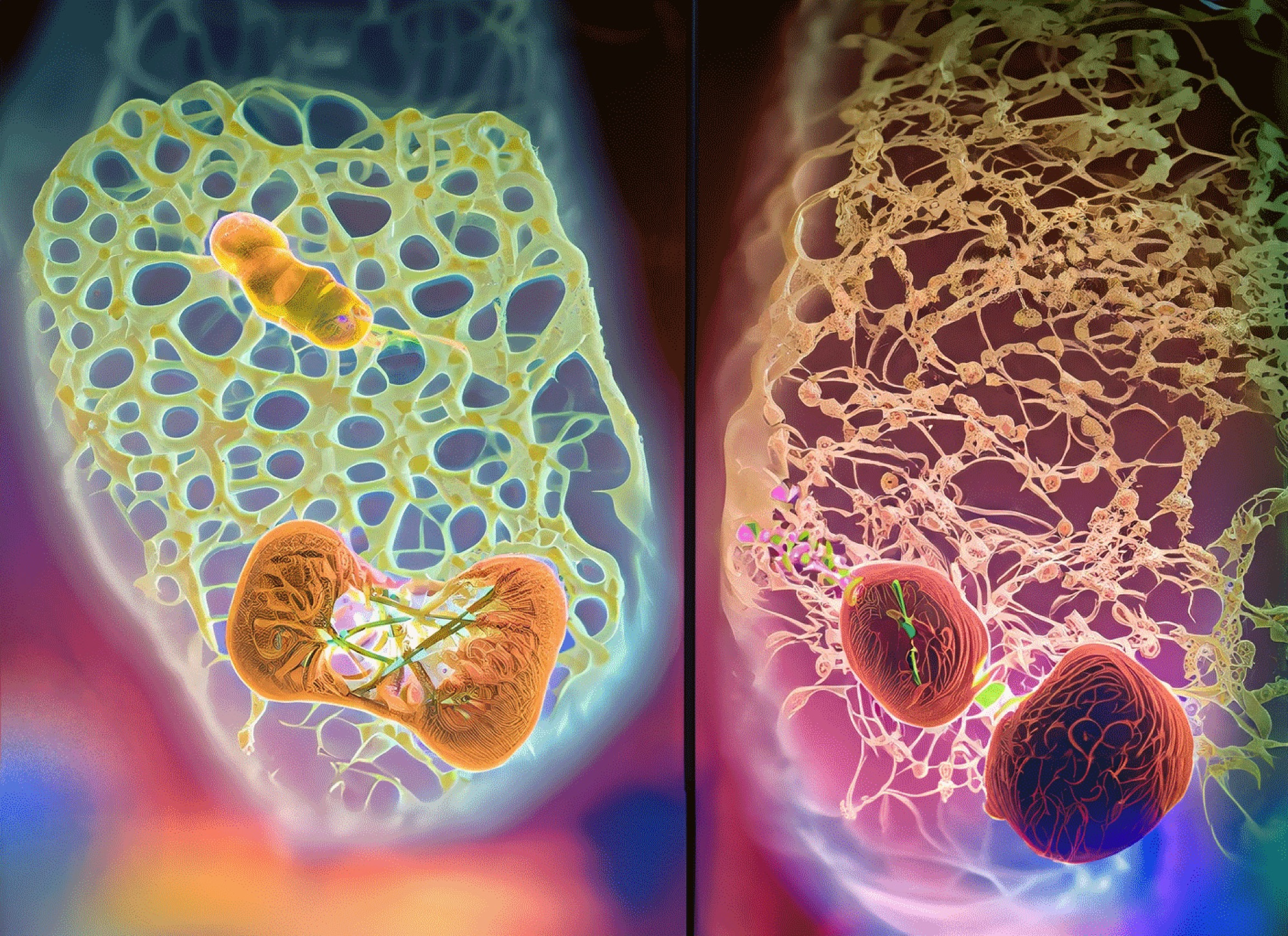
Funding Goal: $2-5M
Exposomic Study to Examine the Impact of Environmental Factors in Age-related Inflammation
We can conduct parallel studies in C. elegans and humans using high-throughput screening and high-resolution mass spectrometry. The high-throughput screening in C. elegans could test 1000 environmental chemicals for activation of inflammatory and aging pathways across the lifespan. The exposomic study would be conducted in the 1000 Immunomes Study using high-resolution mass spectrometry. This would allow testing of thousands of environmental exposures in as little as 0.2ml of plasma. -

Funding Goal: $750K
Tonsil Insights Across Lifespan: Deciphering Age-Related Vaccine Response
We are able to obtain tonsils from a wide variety of ages, from 2 year old infants to adults in their 60-70’s. As expected, tonsils from the youngest children have much less capability to respond to vaccine than older children and adults, and tonsils from the oldest adults have much less ability to mount robust responses. Thus, we can survey almost the entire human age range with the most advanced, high resolution methods and determine the mechanism(s) of these important differences. -
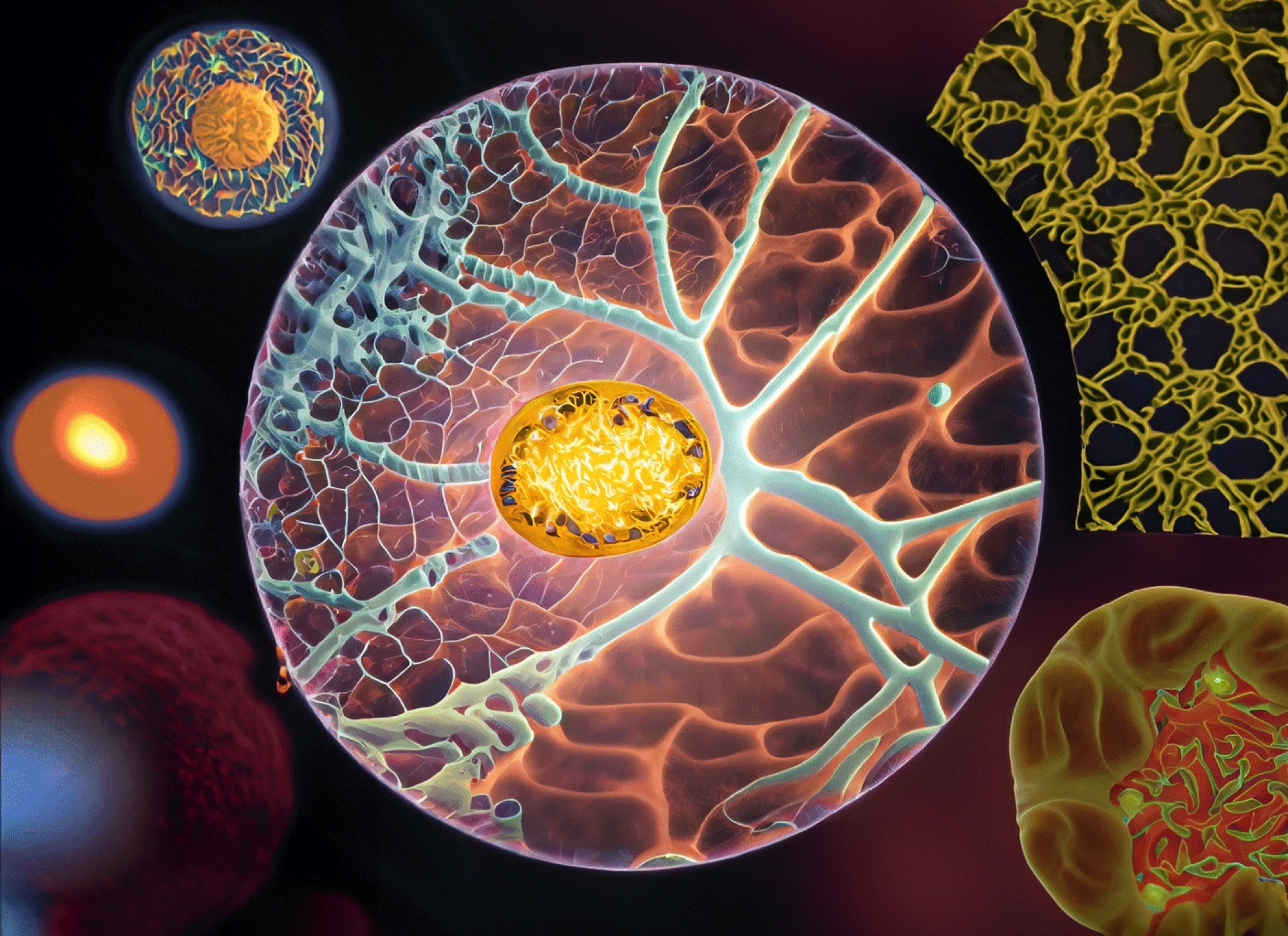
Funding Goal: $500K
Energetic Inquiry: Unveiling Mitochondrial Links in Aging and Disease
Low energy levels are a common feature of aging and also a variety of diseases such as Long Covid, Chronic Fatigue and autoimmunity. We have recently found significant mitochondrial defects in the patients mentioned and hypothesize that this might also be a feature of aging. Working with both samples from the Stanford-Ellison cohort and organoids, we will investigate this possibility. -

Funding Goal: To Be Announced
Inflammaging Twins
Develop a blood-based biomarker panel of inflammatory signals associated with aging that can be paired with patient-specific digital twins (using EHR, genome sequencing and survey data in addition to the biomarkers). Digital twins can be used to propose intervention strategies to reduce inflammaging. -

Funding Goal: To Be Announced
Exposome of Inflammaging
Wearable sensors, geospatial trackers and product use apps used to get a comprehensive picture of the personalized exposome. This will be integrated with mechanistic data on how chemicals affect inflammatory signaling pathways. -

Funding Goal: To Be Announced
In Silico Inflammaging Systems Models
Computational multi-scale models of chronic inflammation and associated signaling pathways to generate testable hypotheses of critical nodes and interactions, targets for potential therapeutic interventions and more. -

Funding Goal: $800K- $1.2 M
Leaky Skin
Improving the aging-impaired epidermal barrier to repel outside agents and microbes to reduce systemic inflammation. -
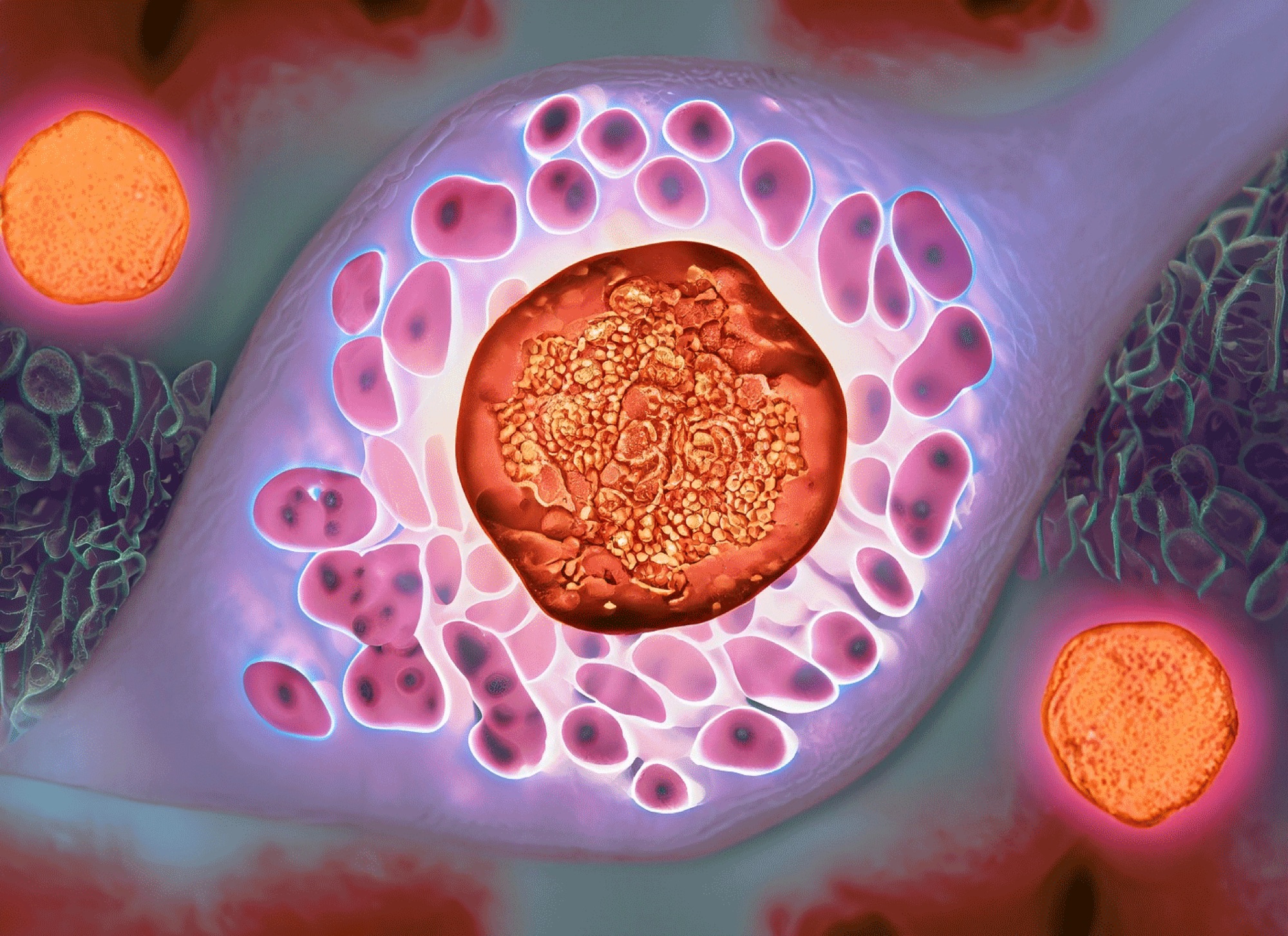
Funding Goal: $250-500K
Aging and Senescent Skin Cells
Melanocytes have been overlooked as drivers of skin senescence. -

Funding Goal: $3M
Understanding Aging through Epigenetic Sequencing
We have collected 2000 longitudinal samples over 6-10 years from approximately 100 well phenotyped people. We would like to follow the epigenetics of their aging by performing whole genome bisulfite sequencing.
Connect with us to be part of a future without chronic diseases
©2023 American Inflammaging Institute – All rights reserved | Privacy policy | Web Design by Turyk Studio

